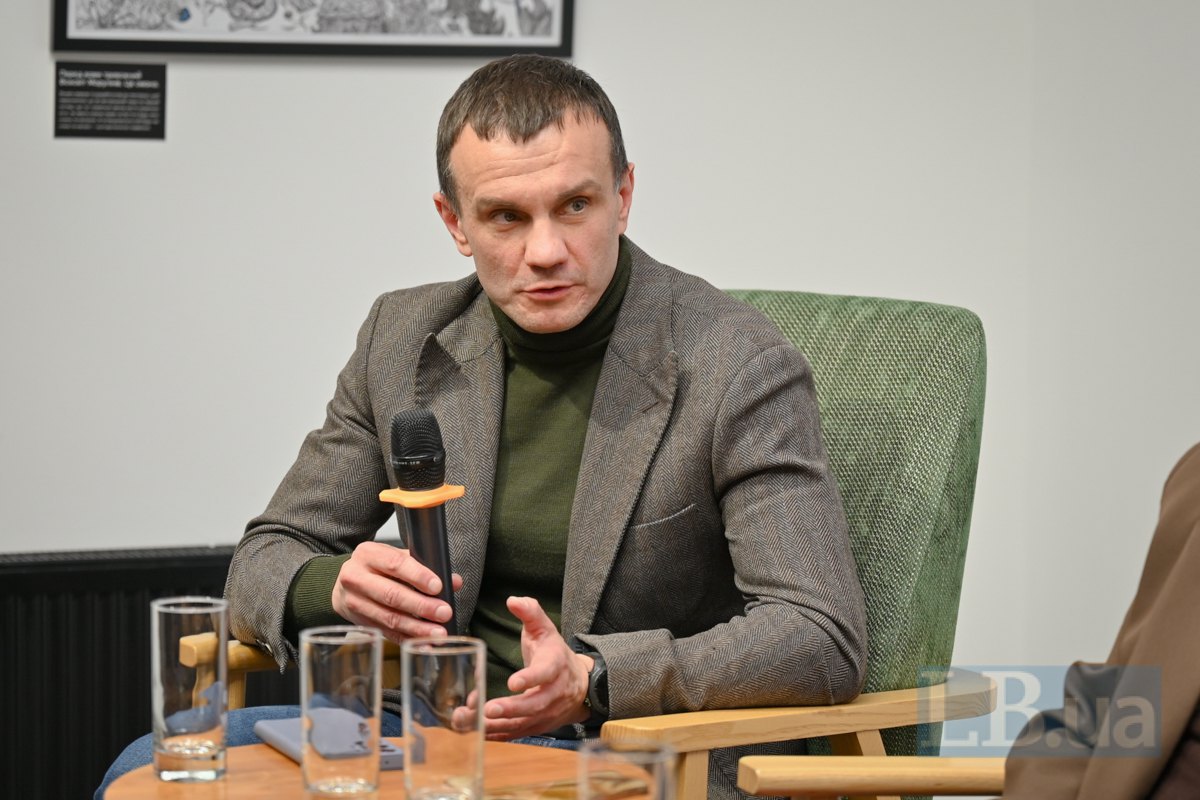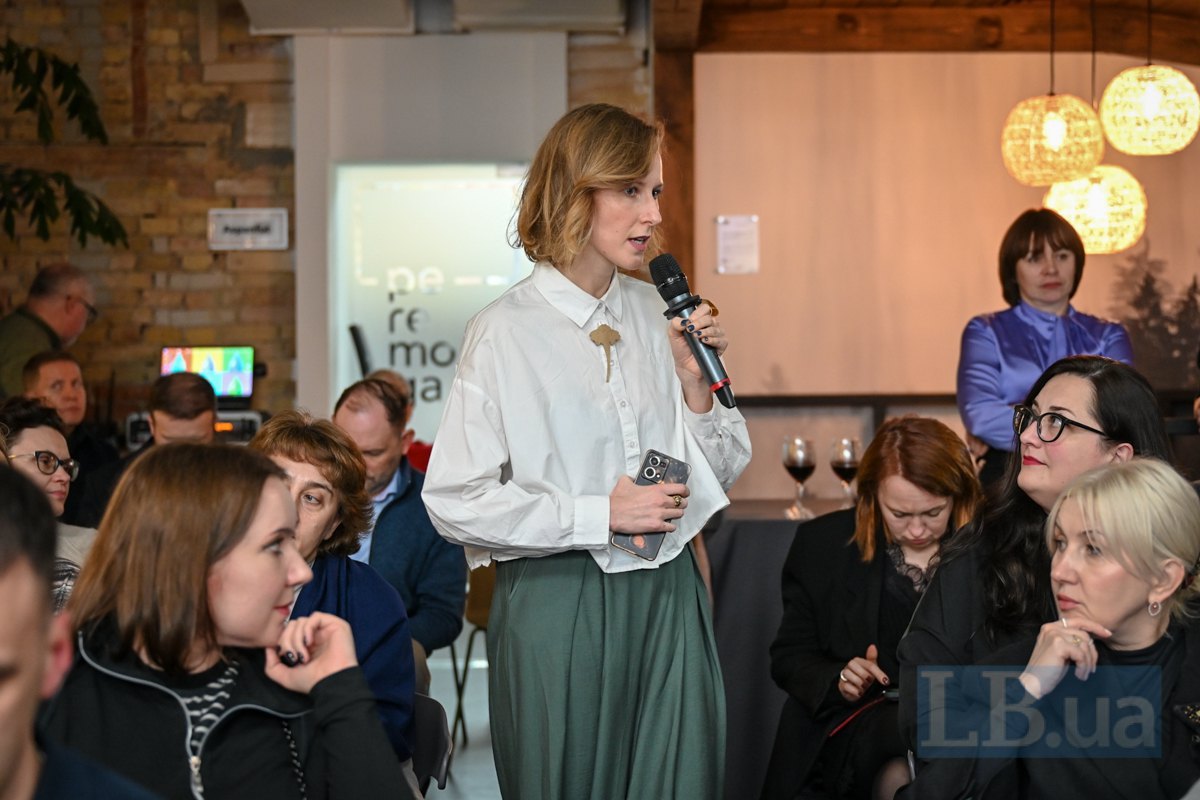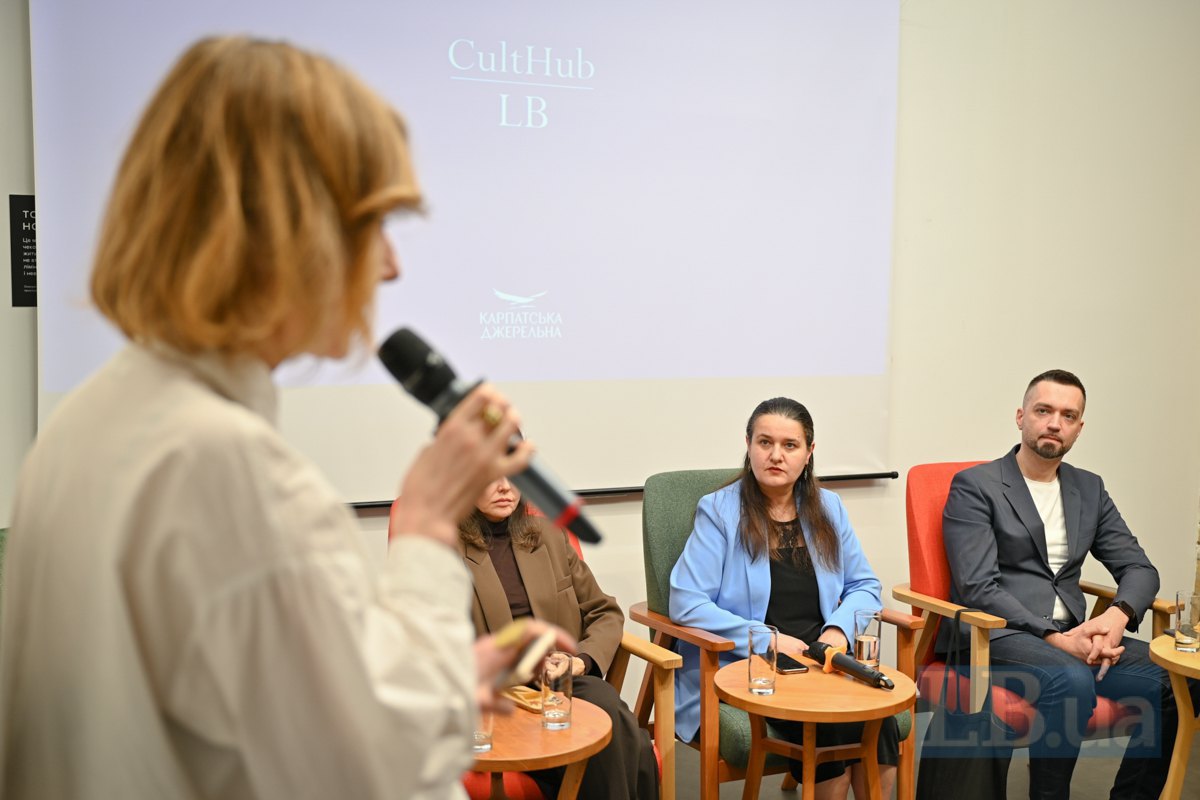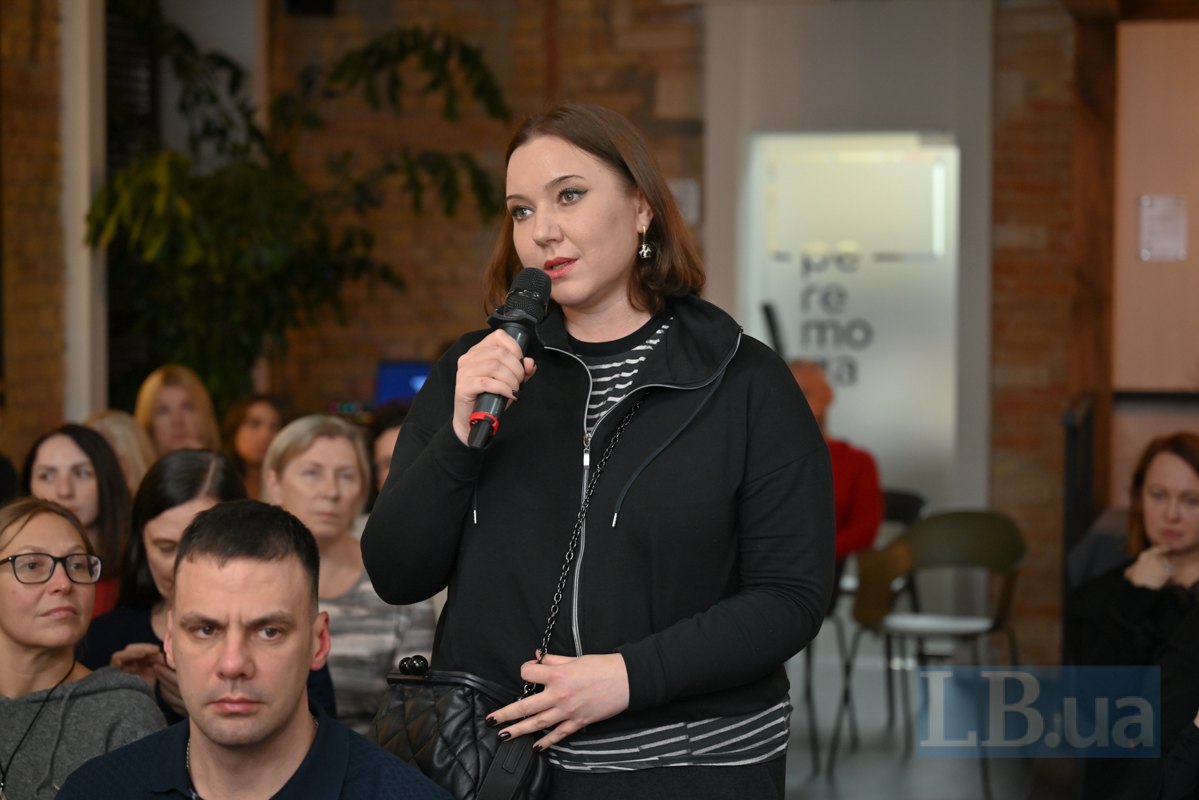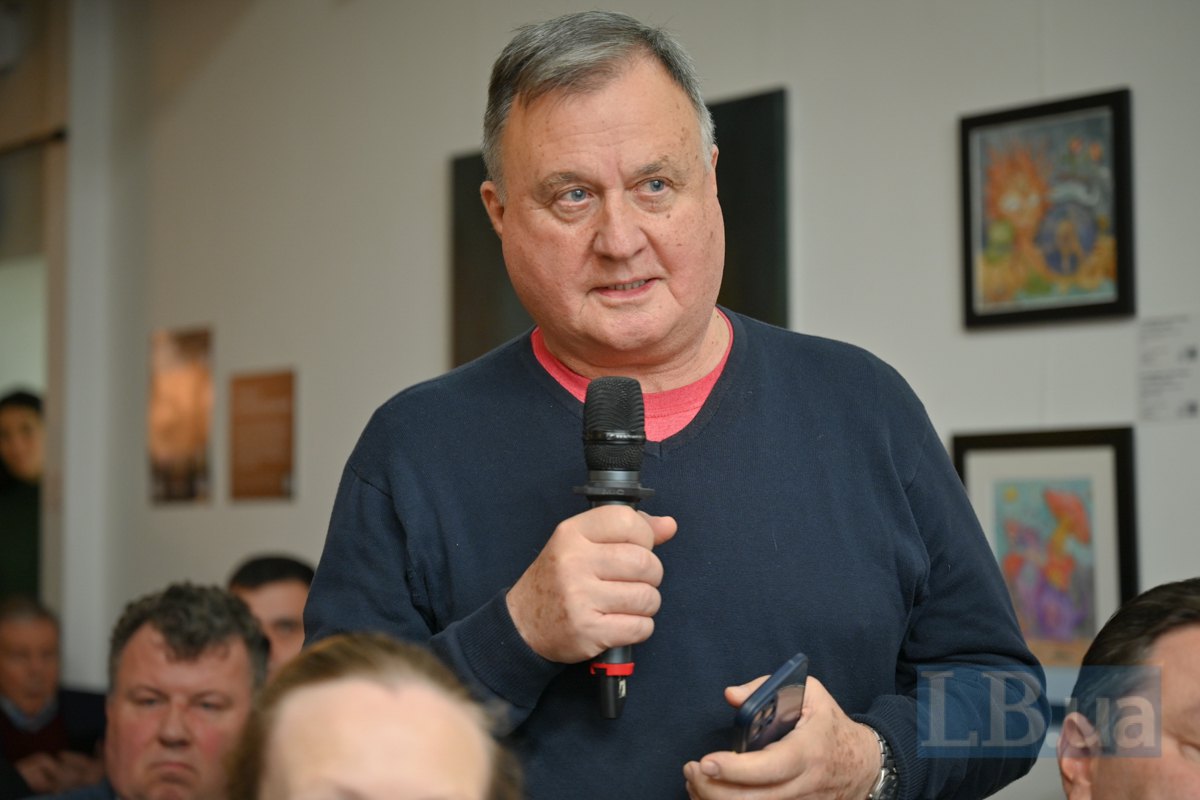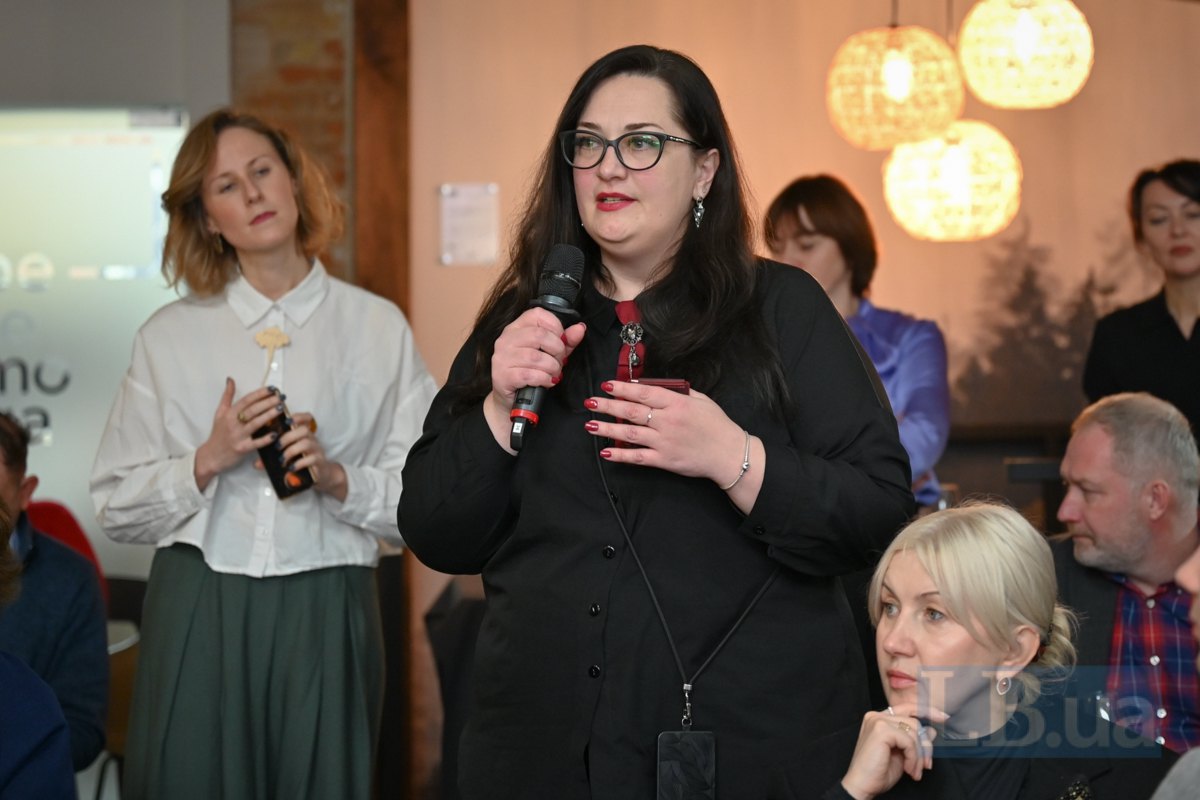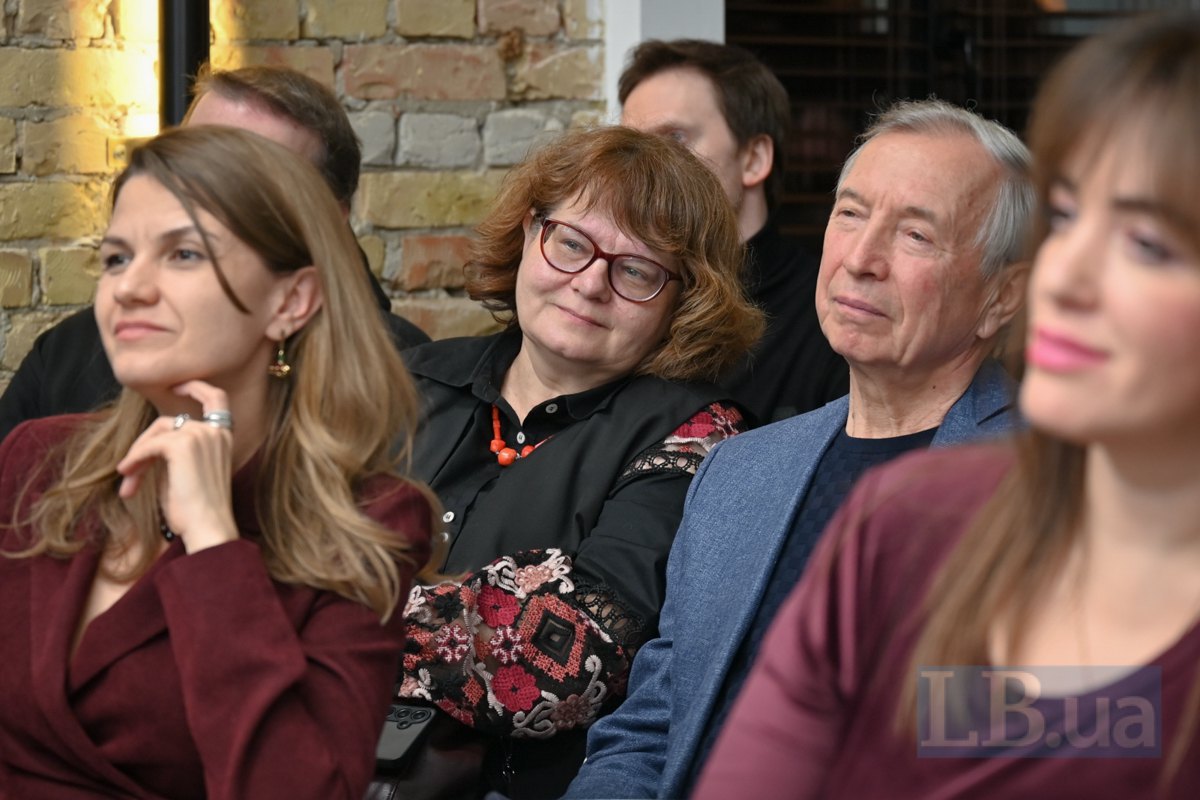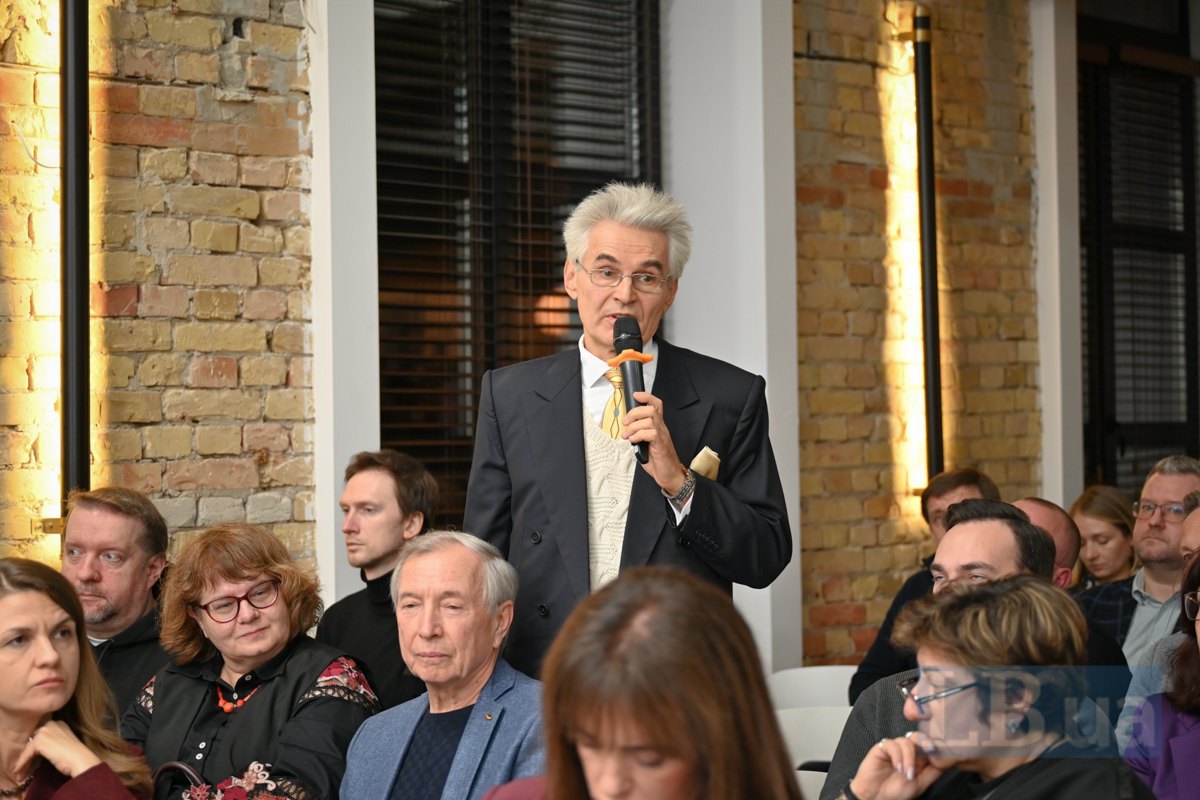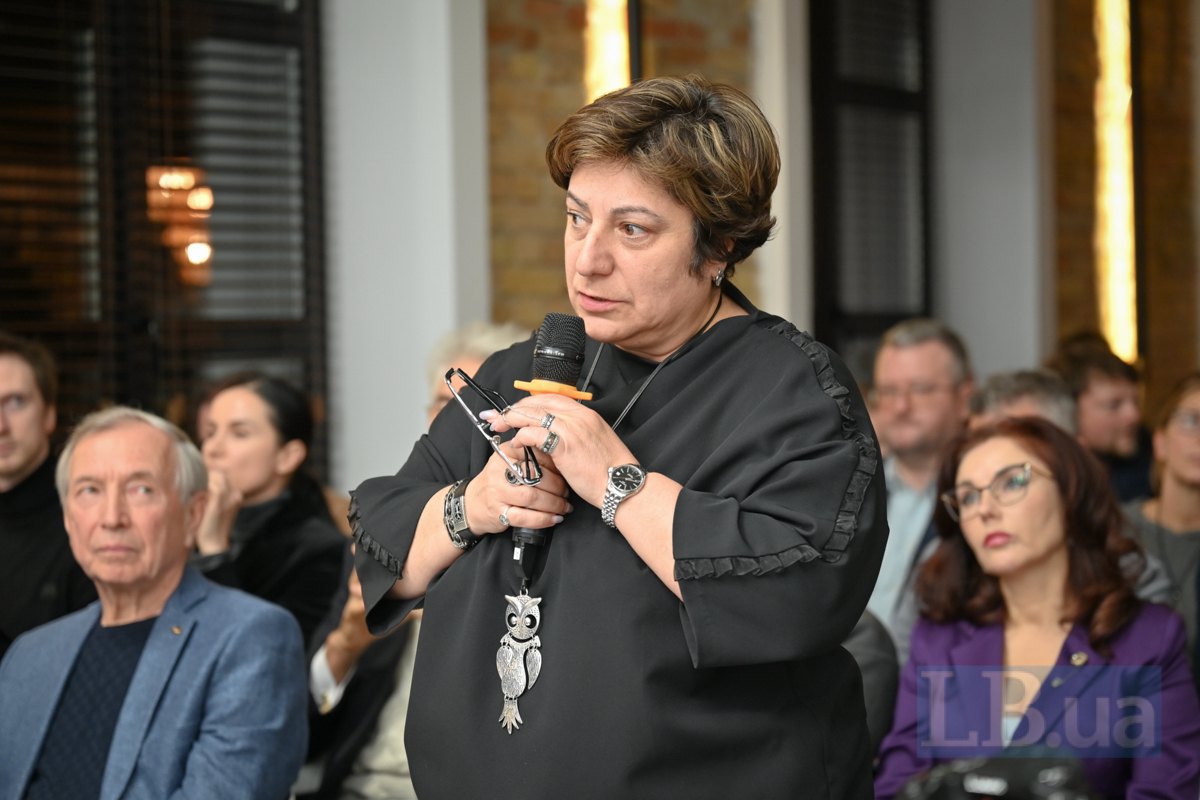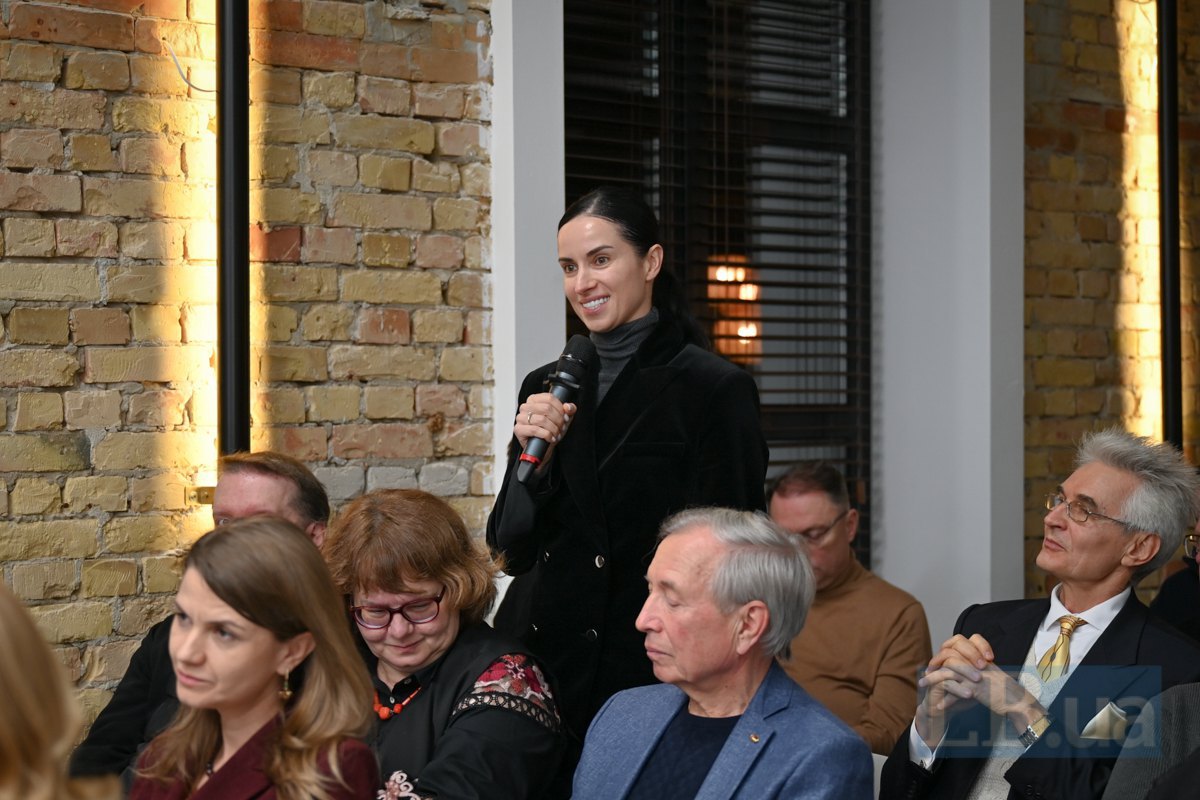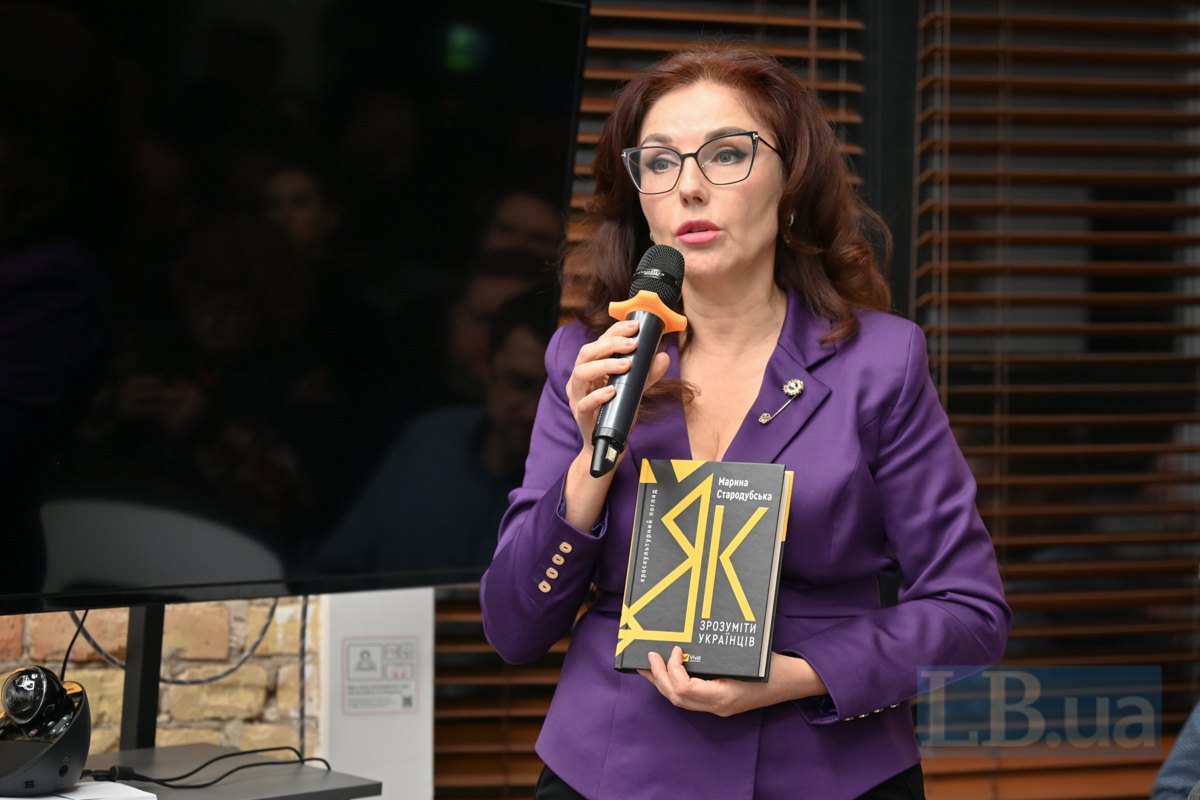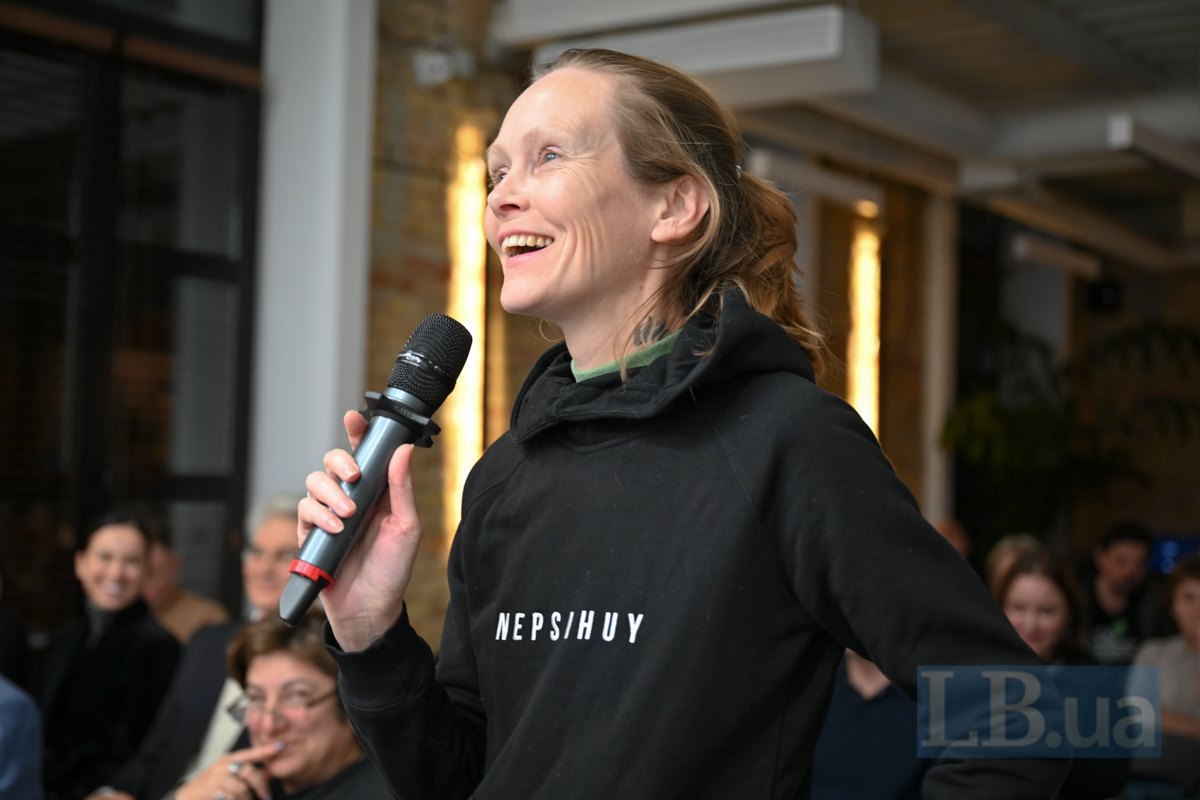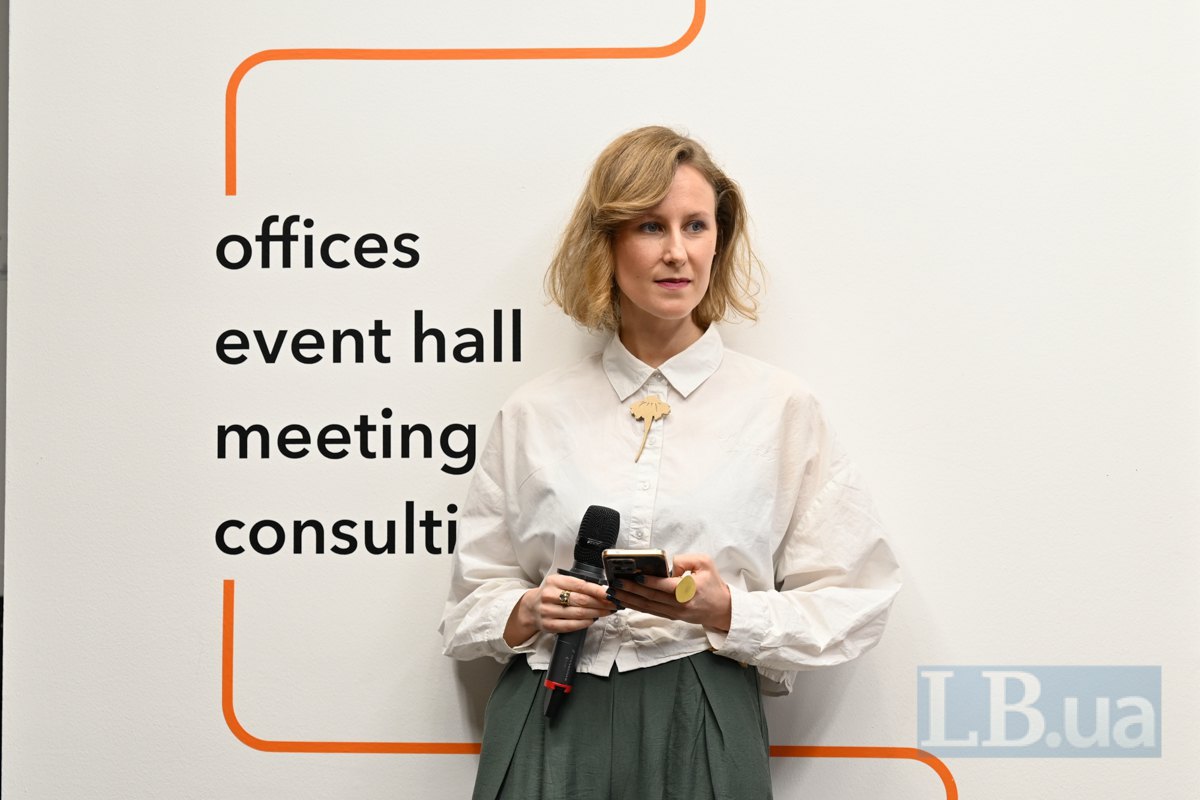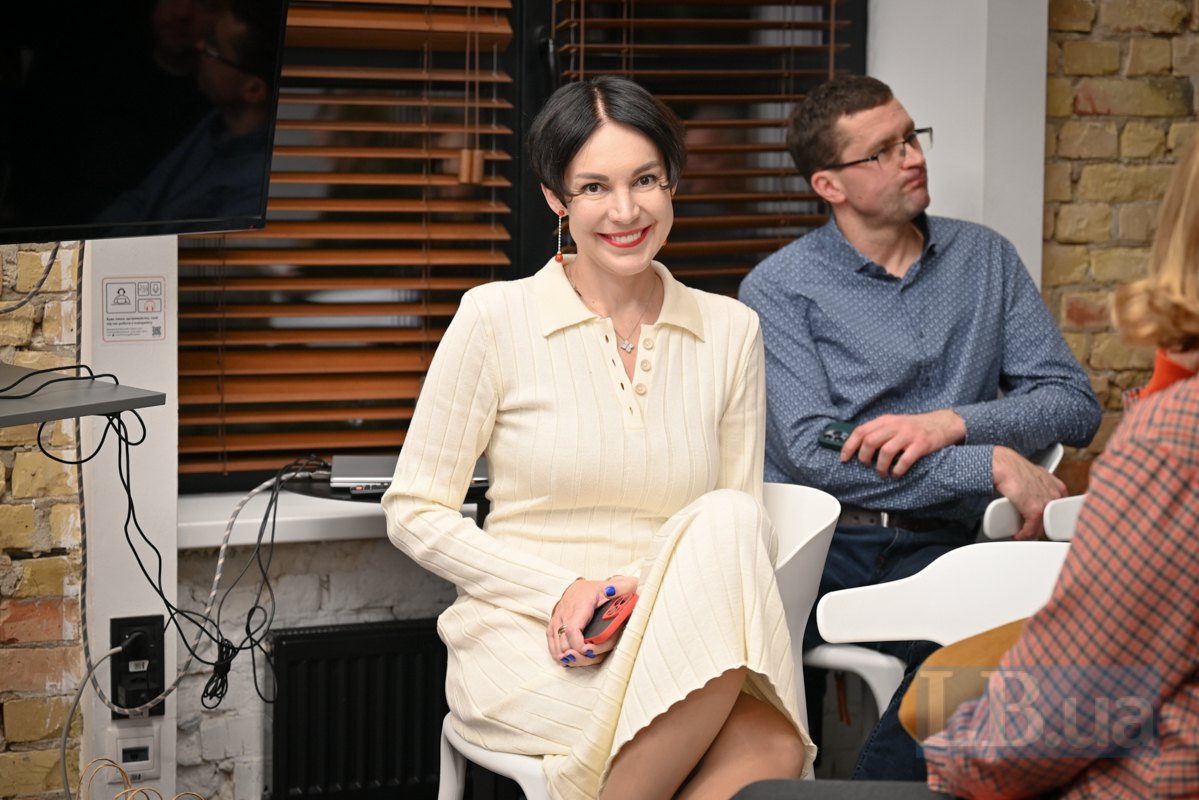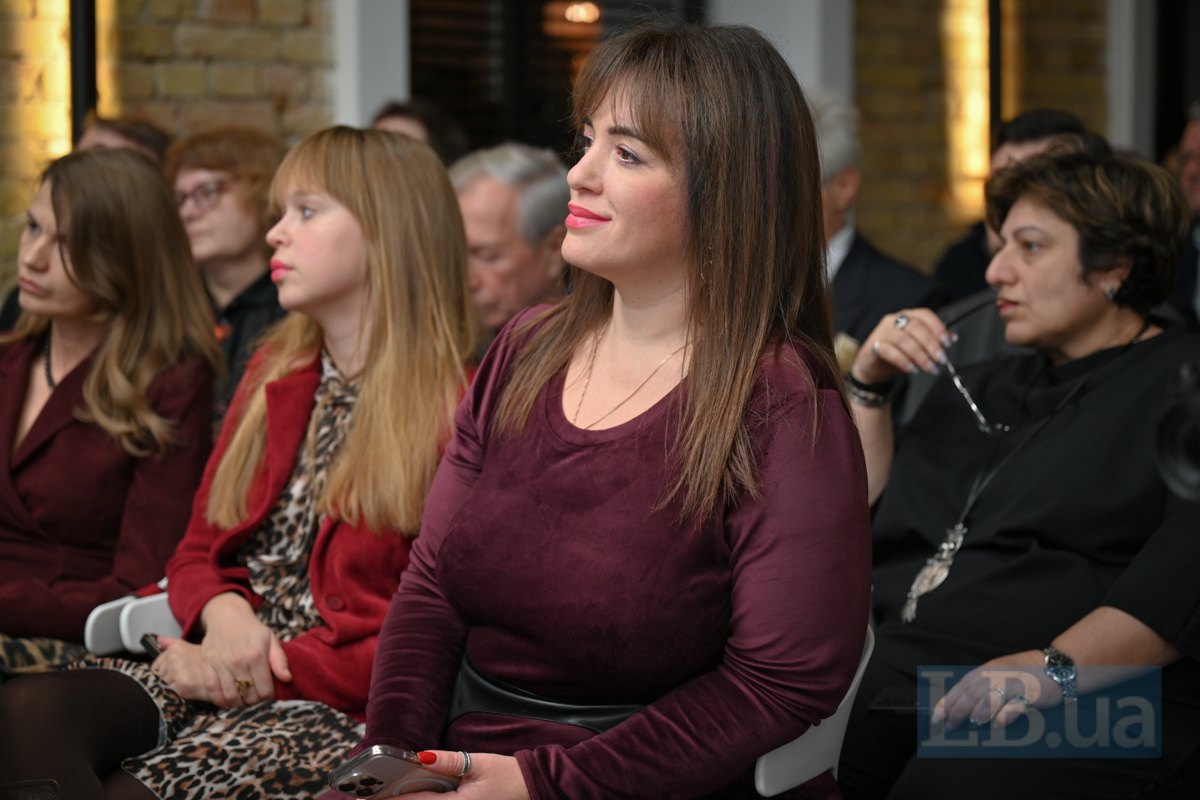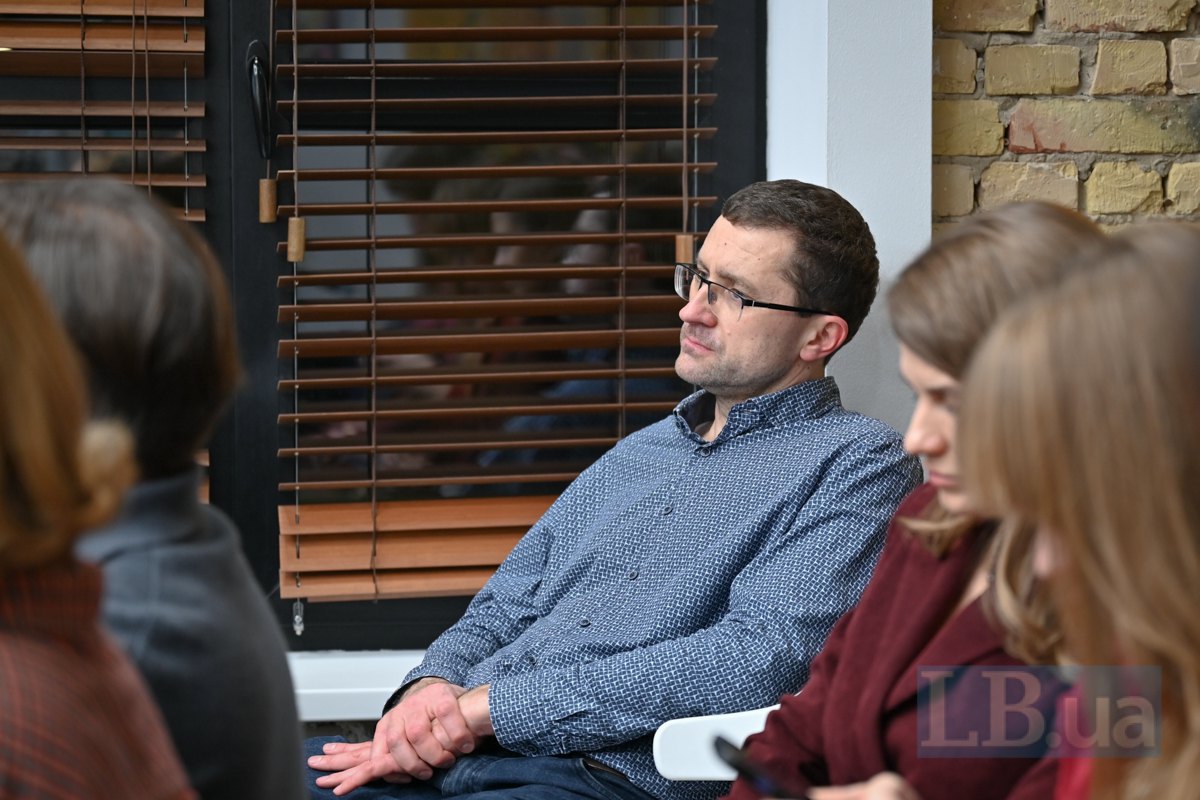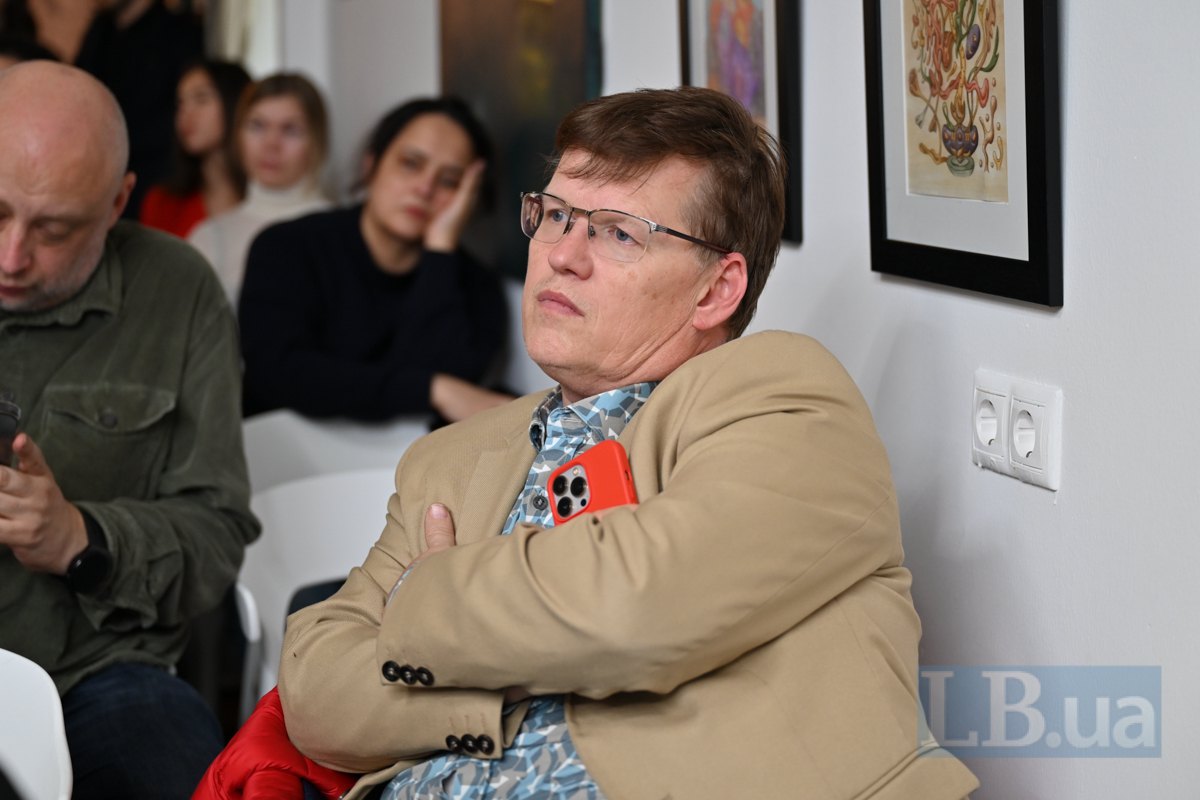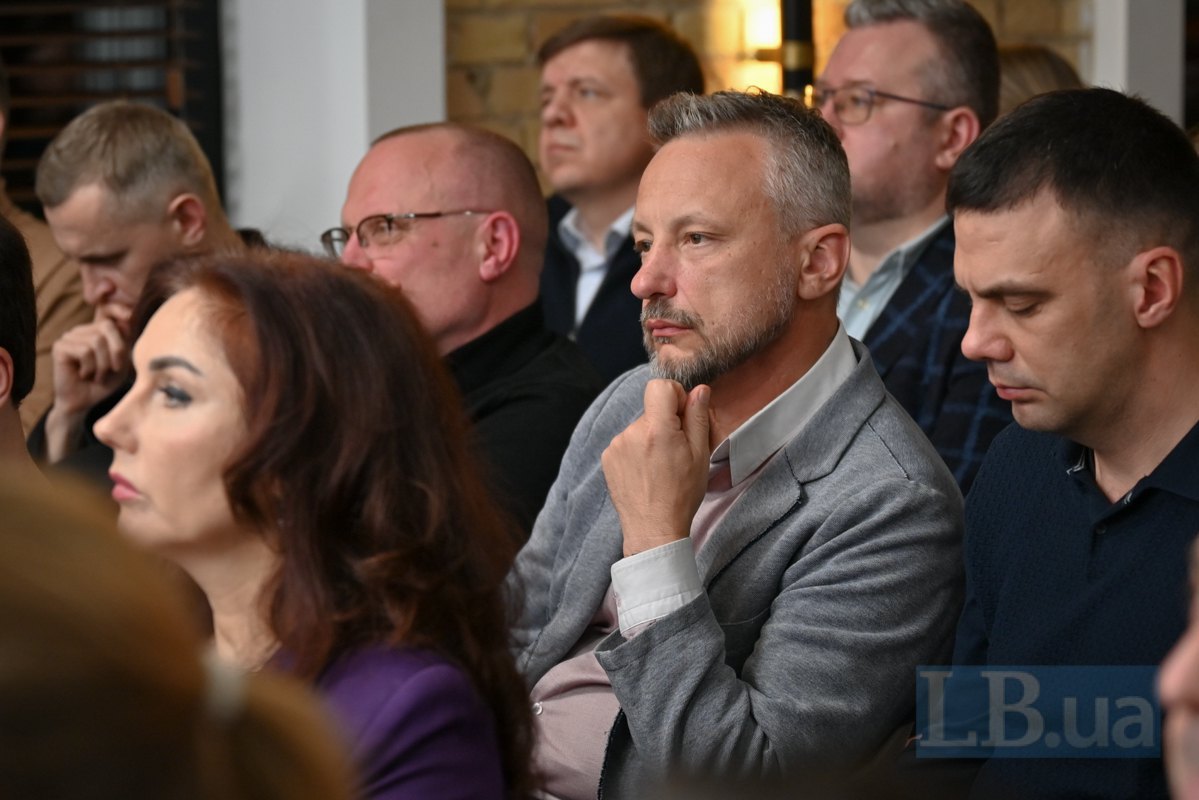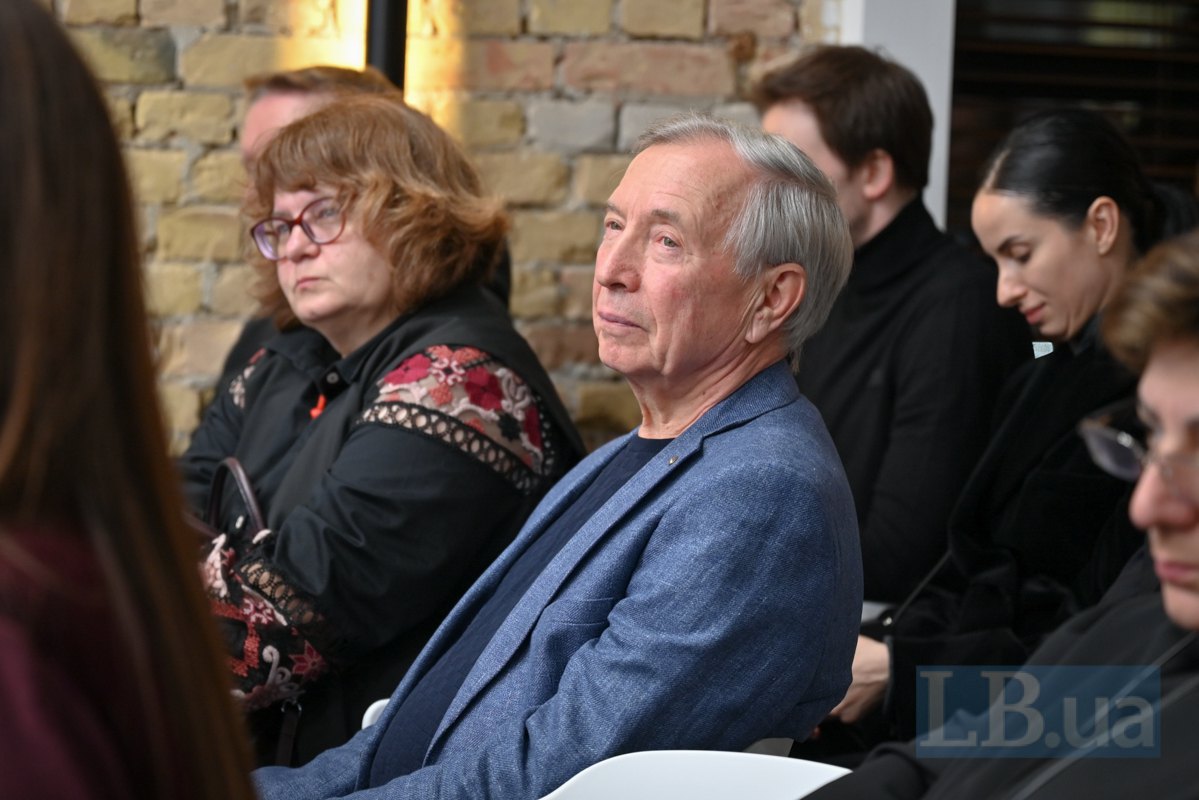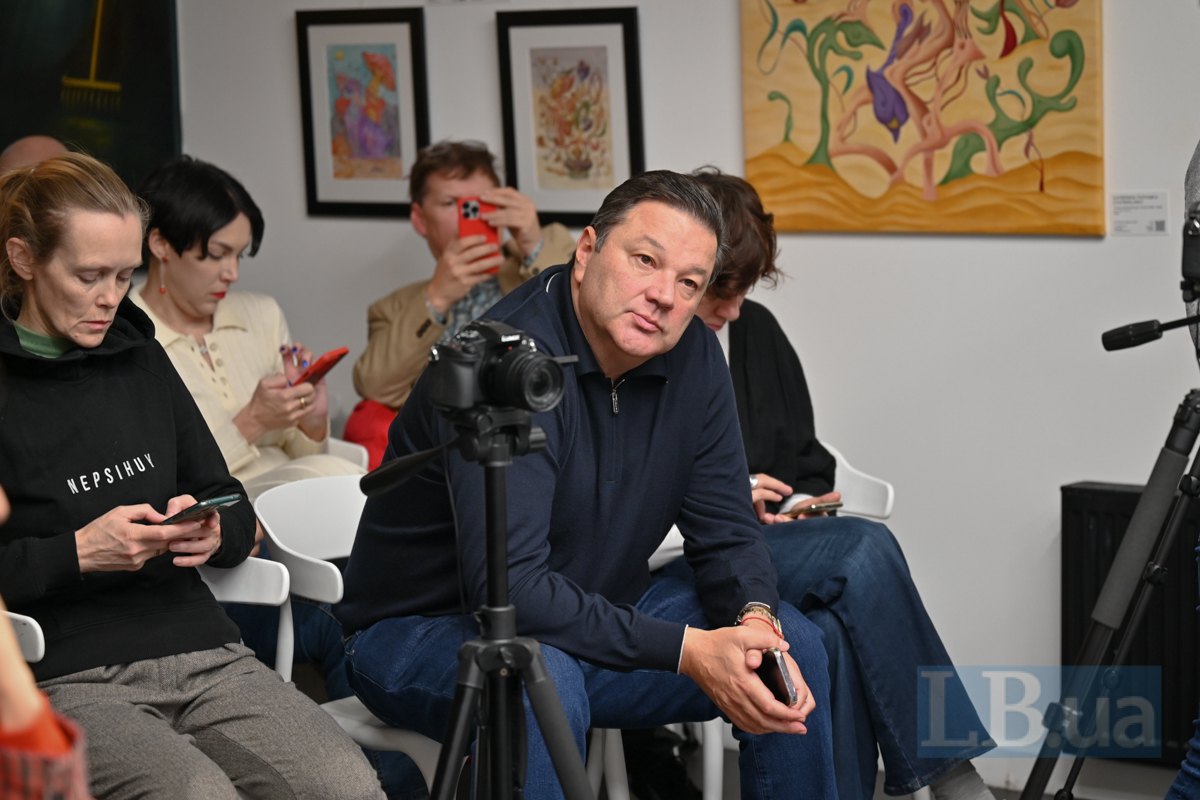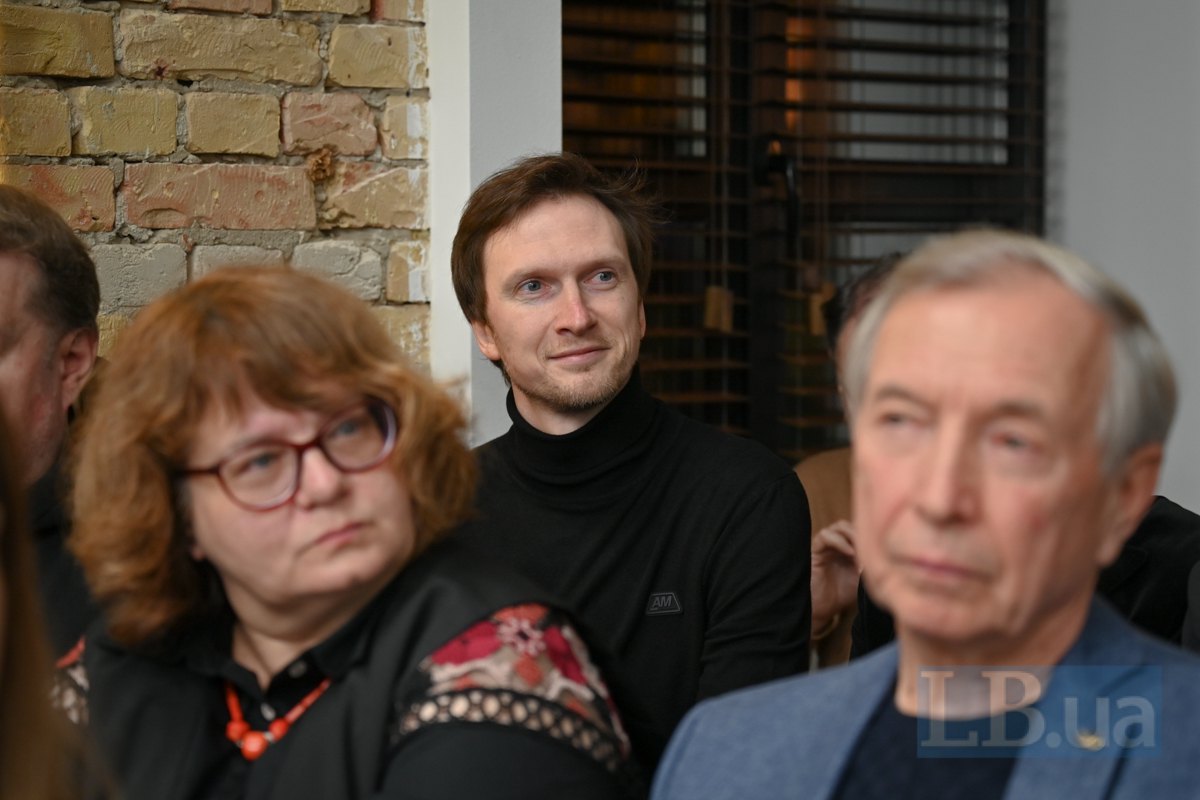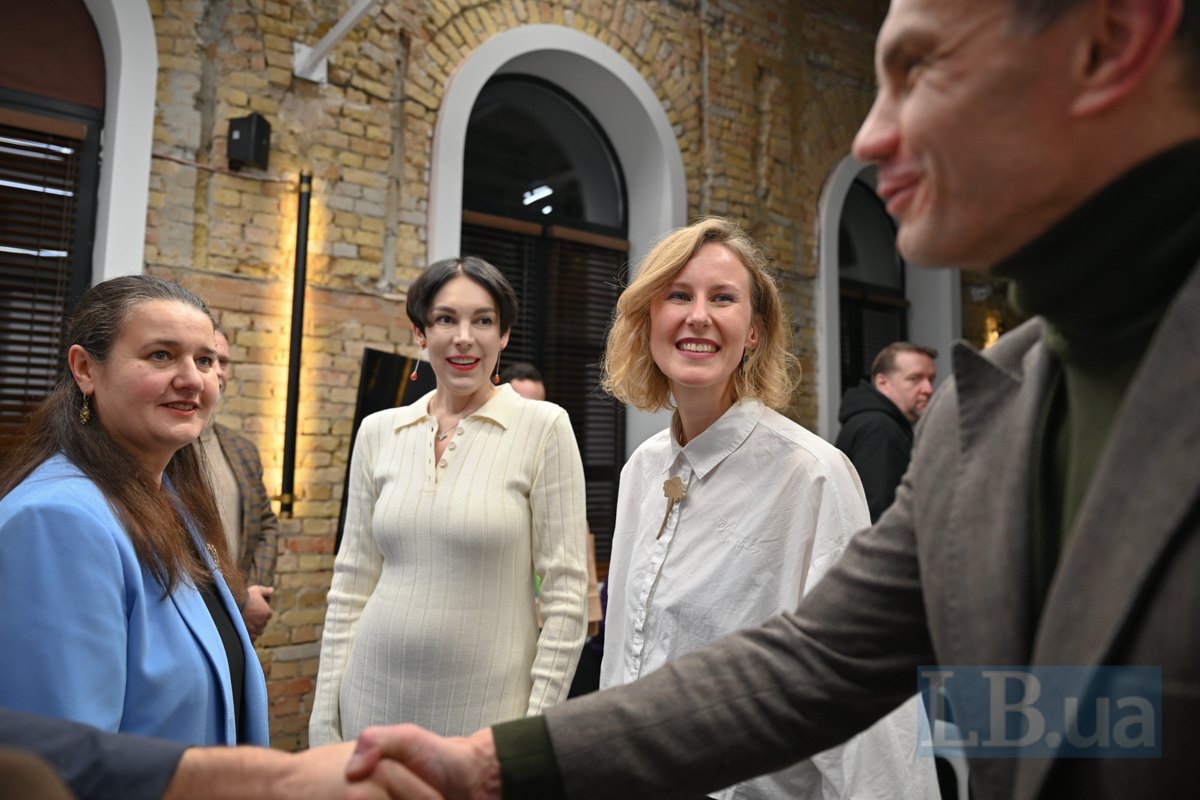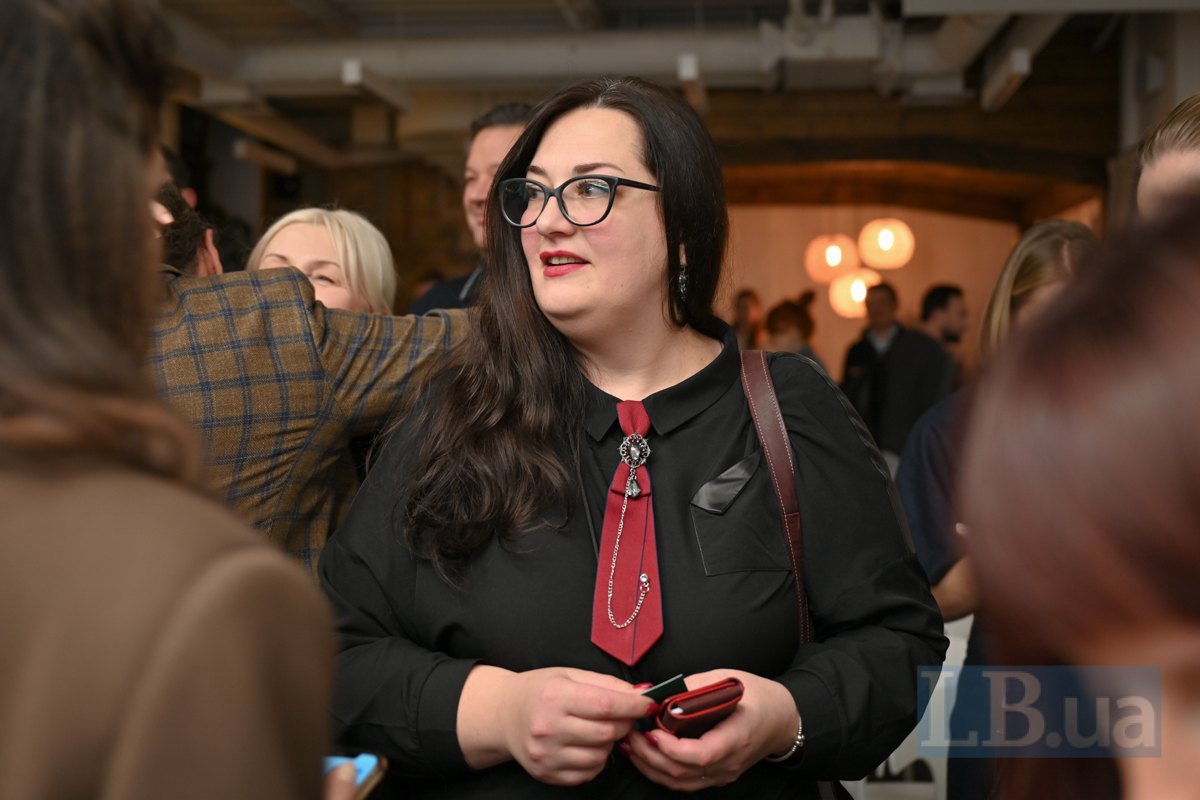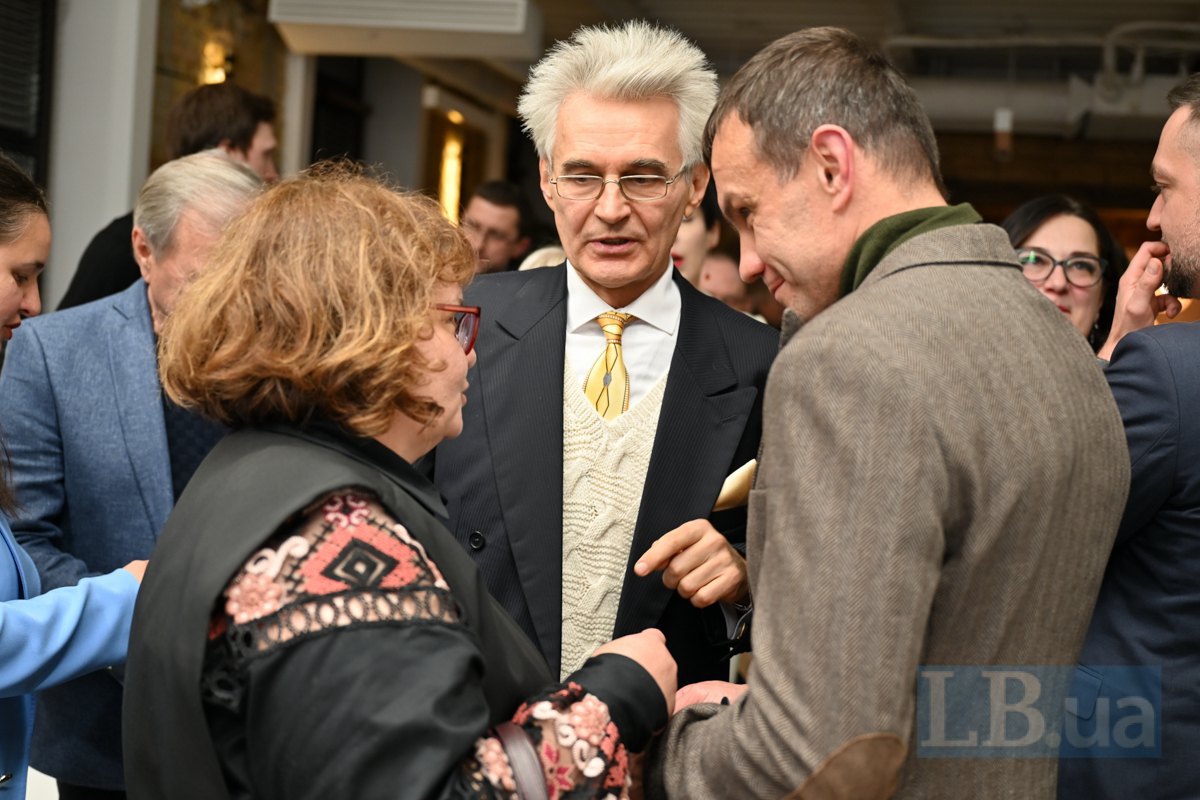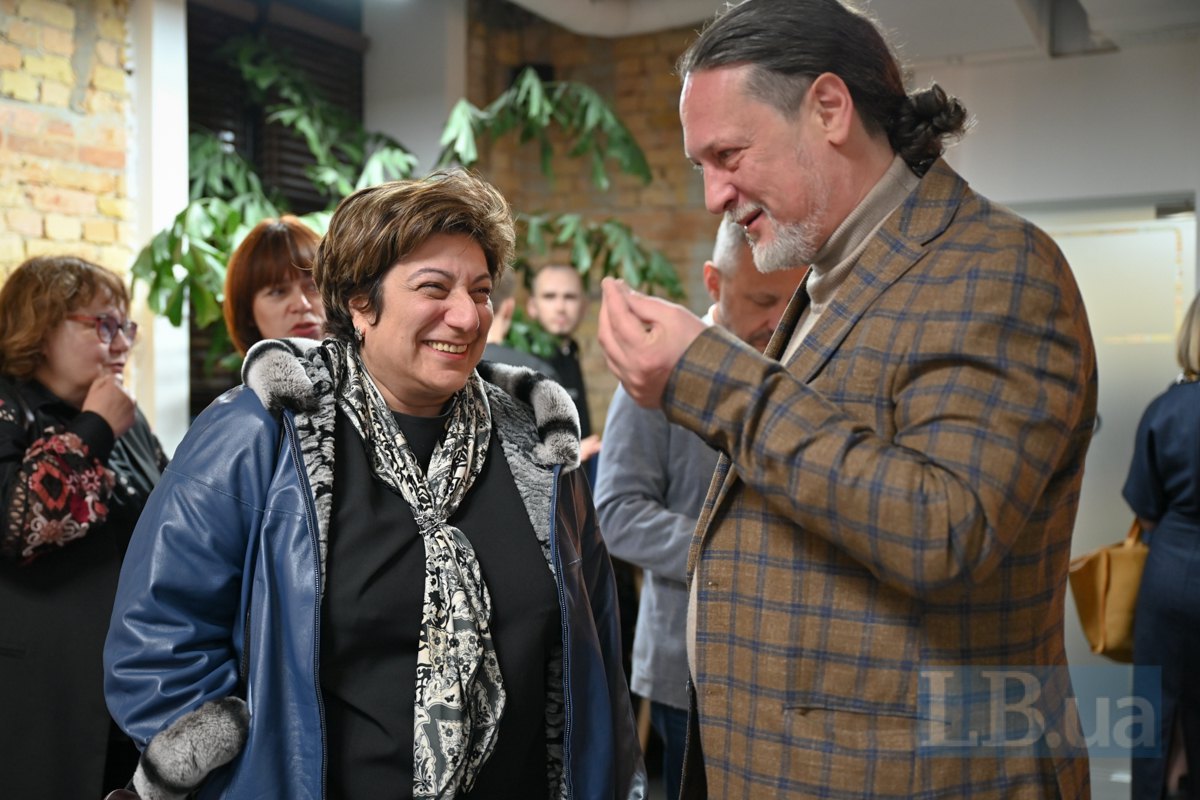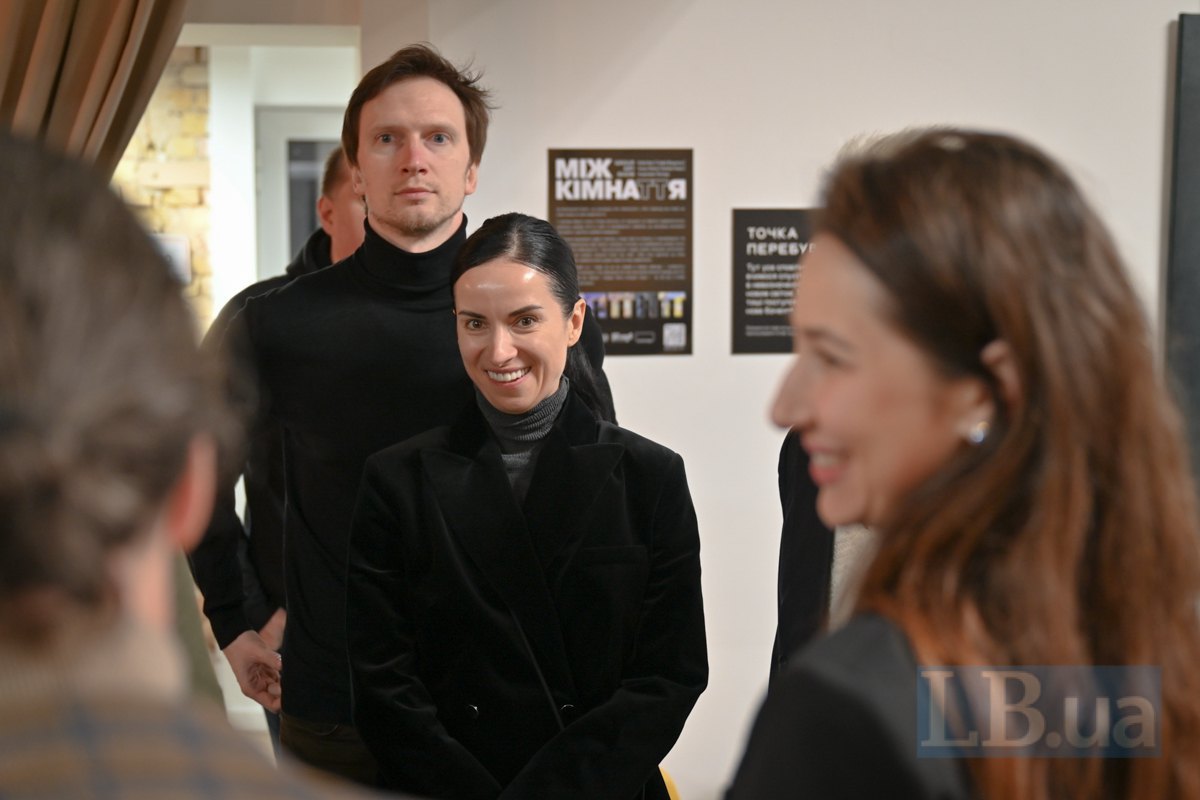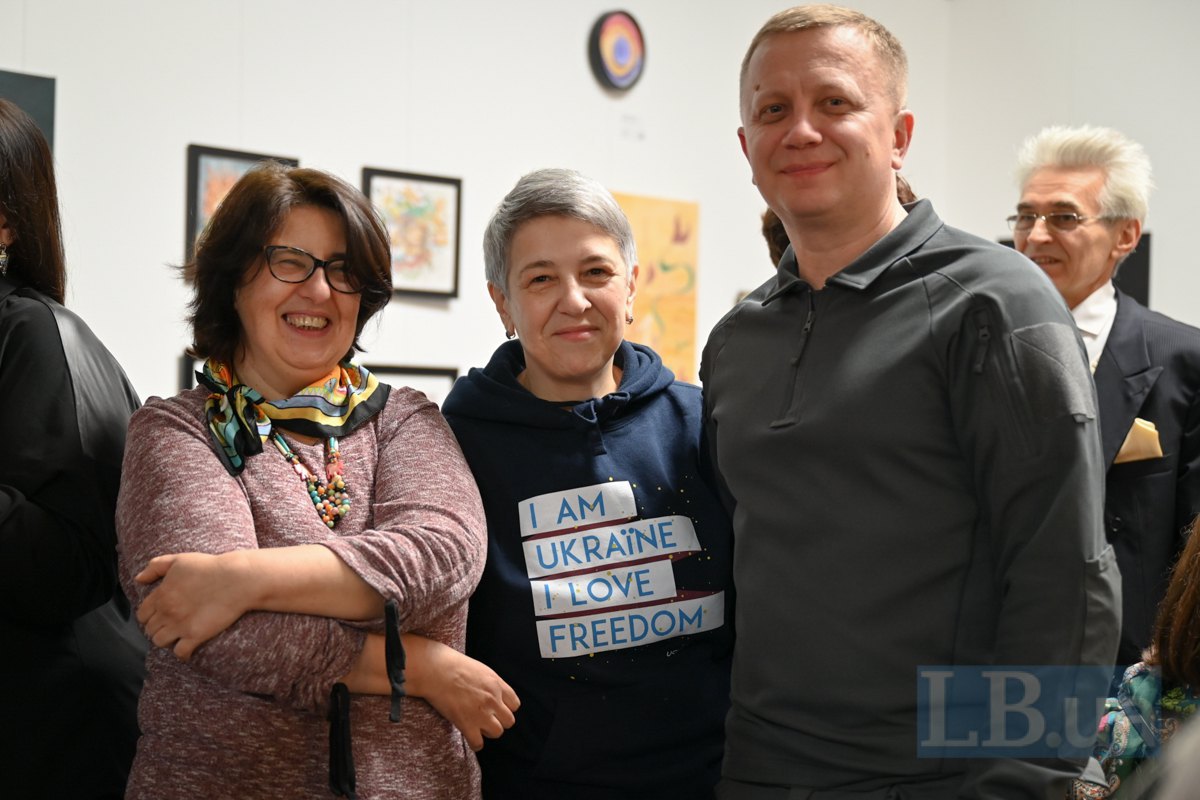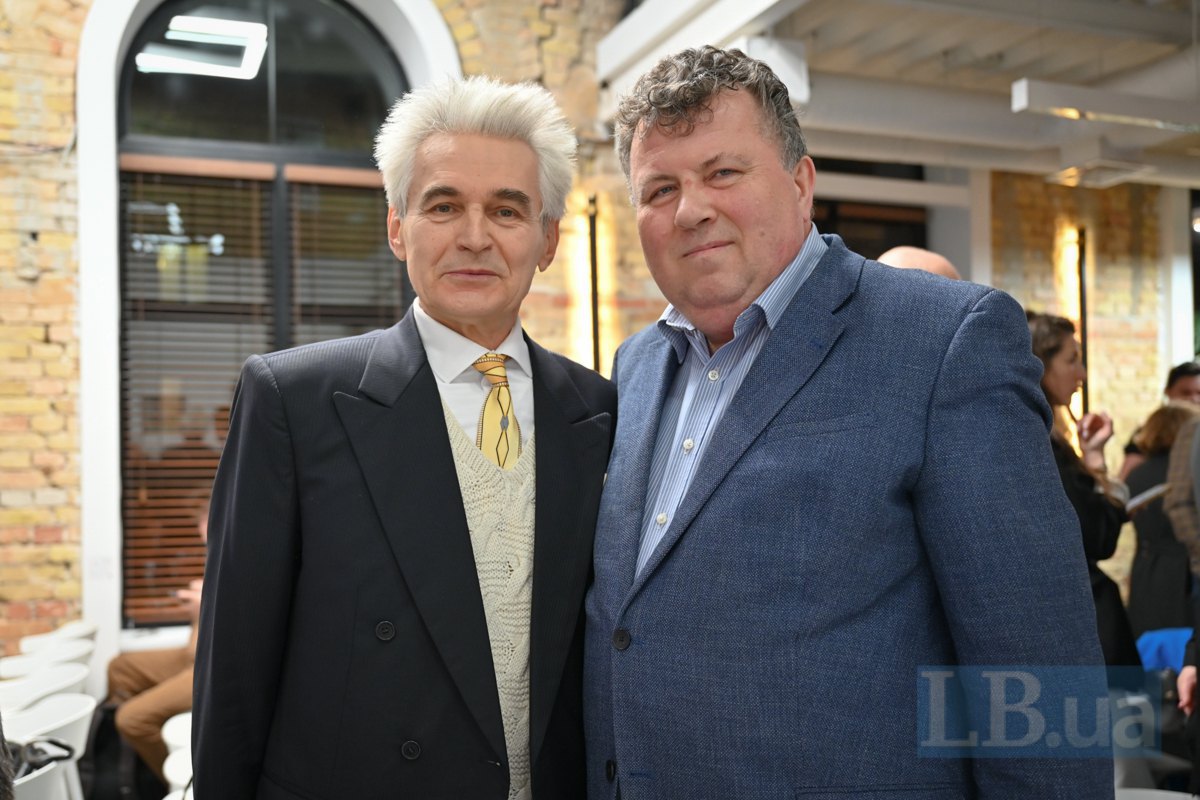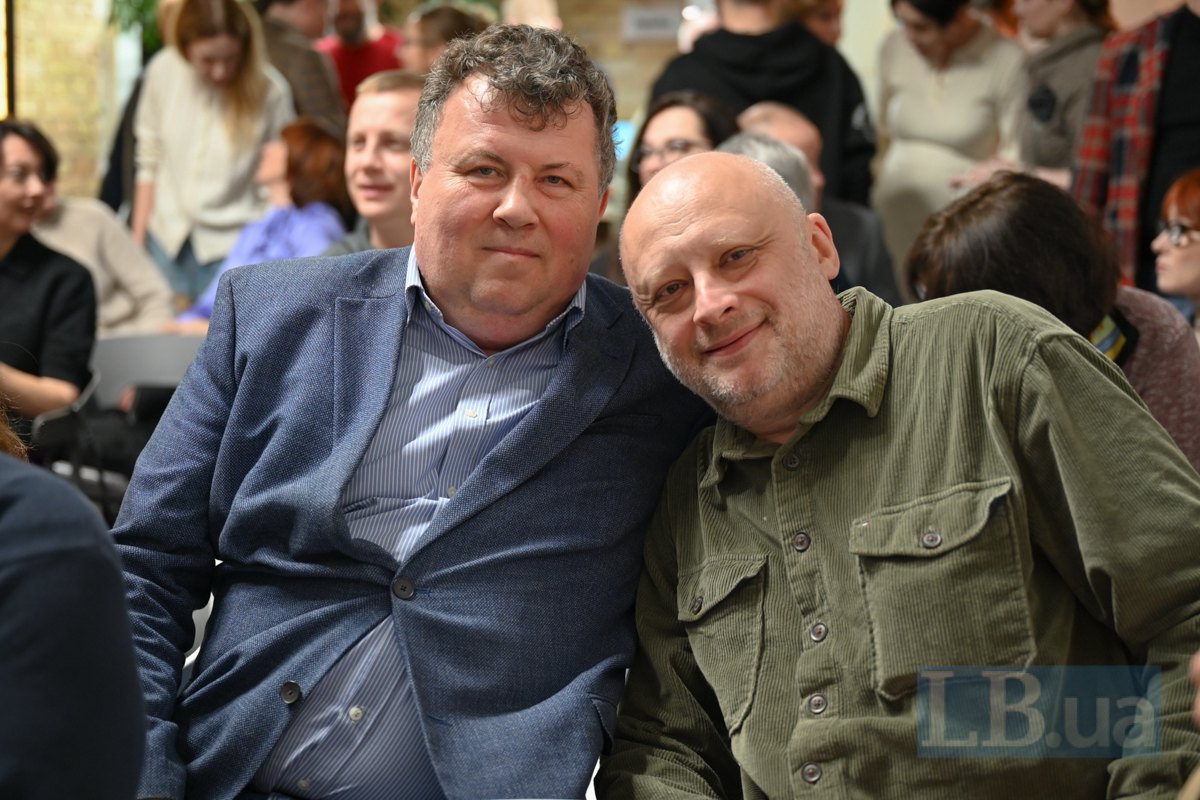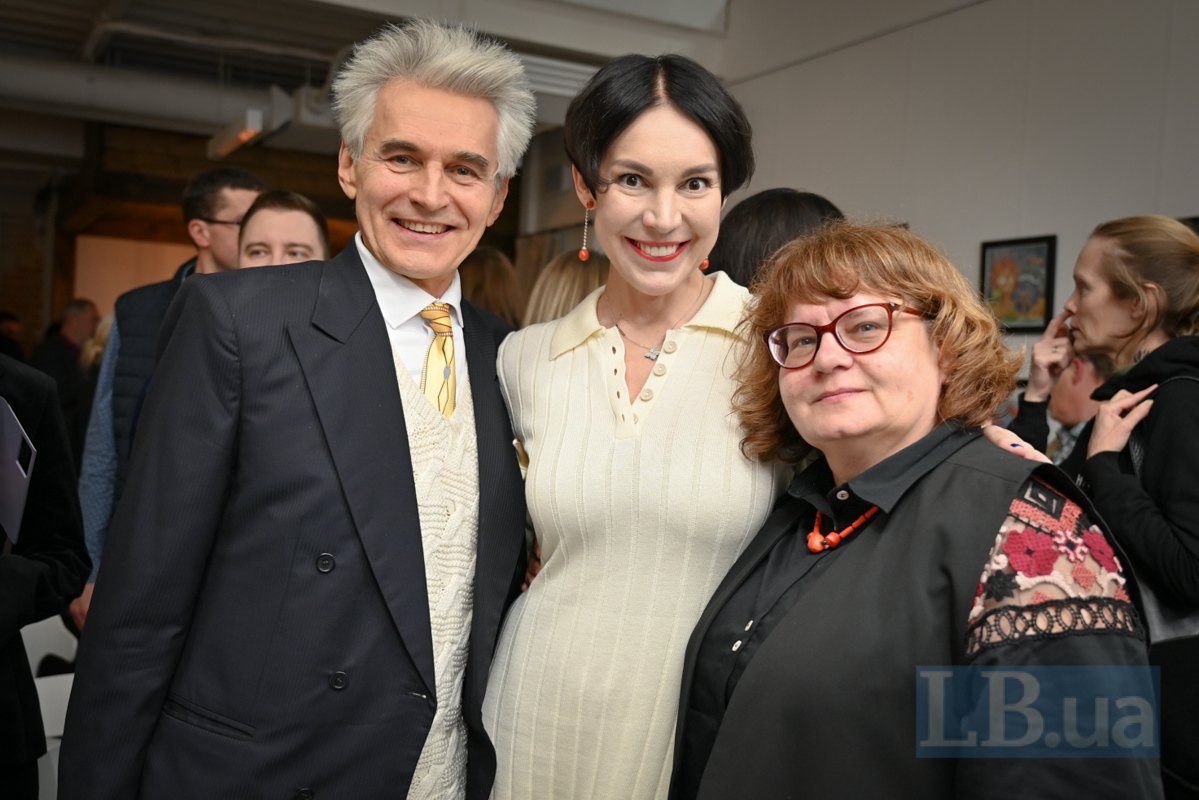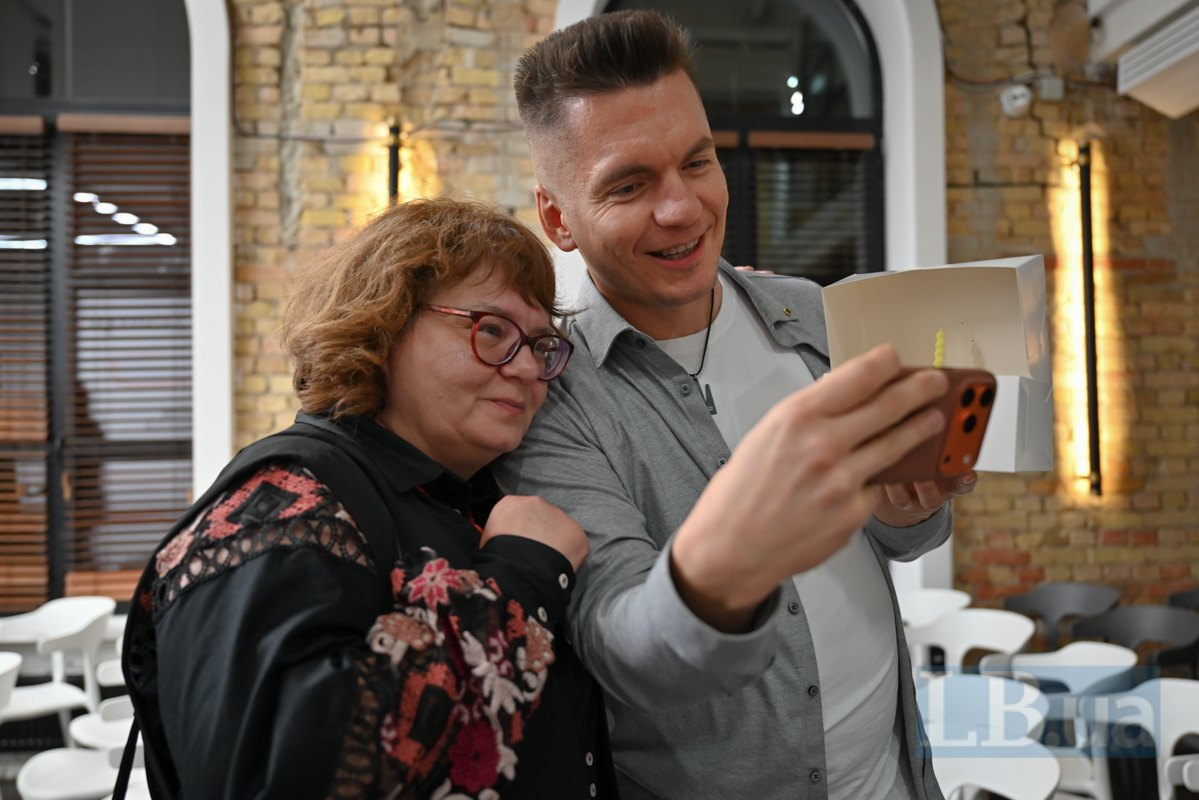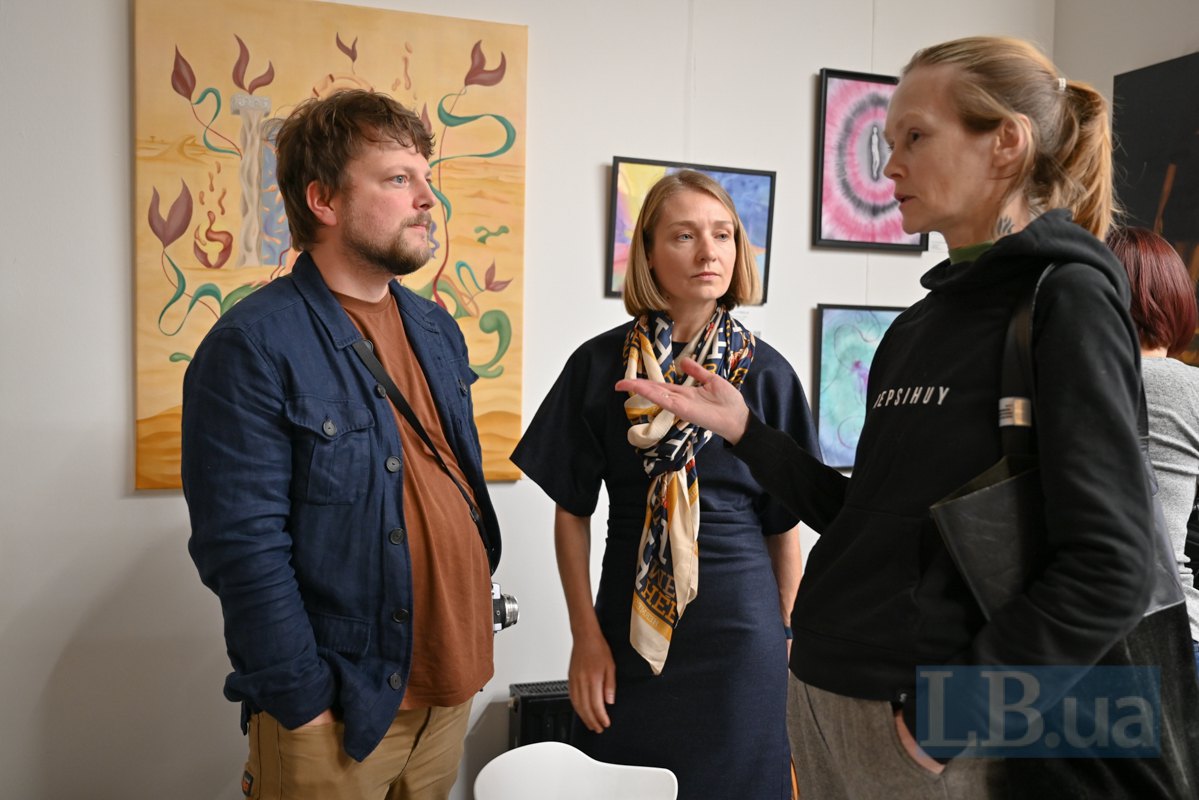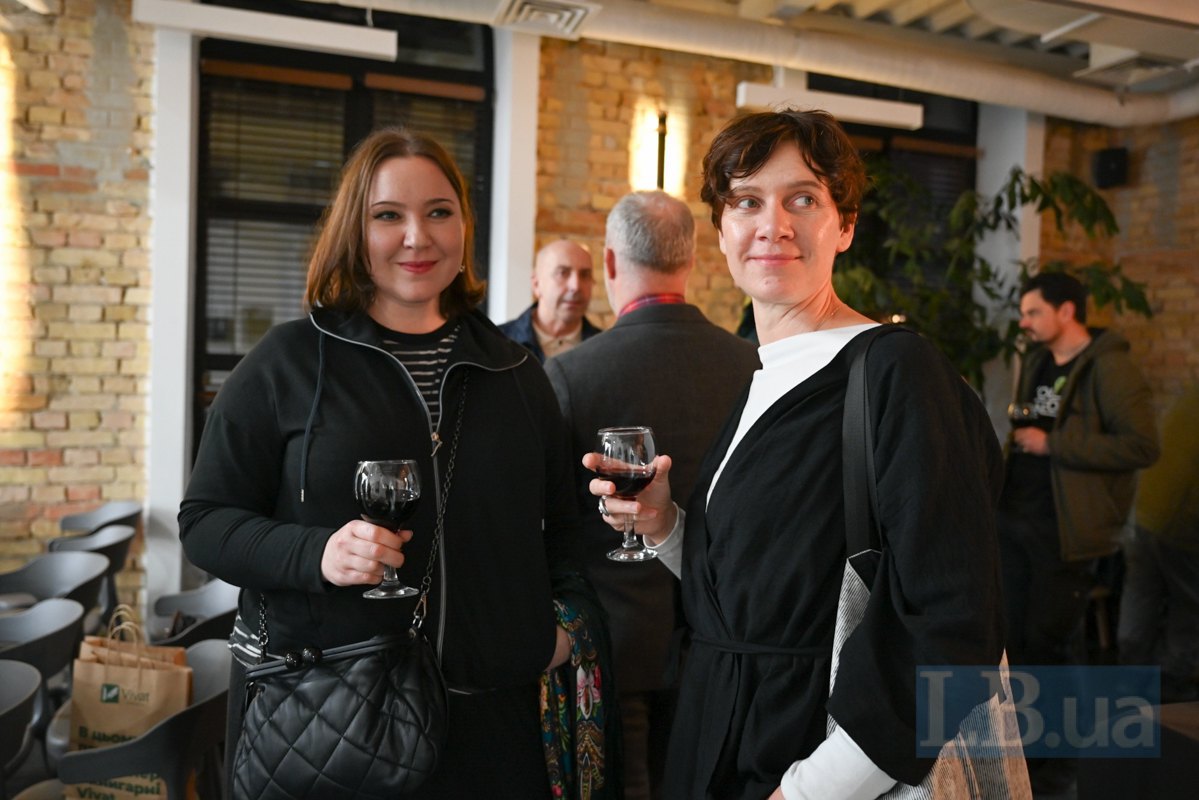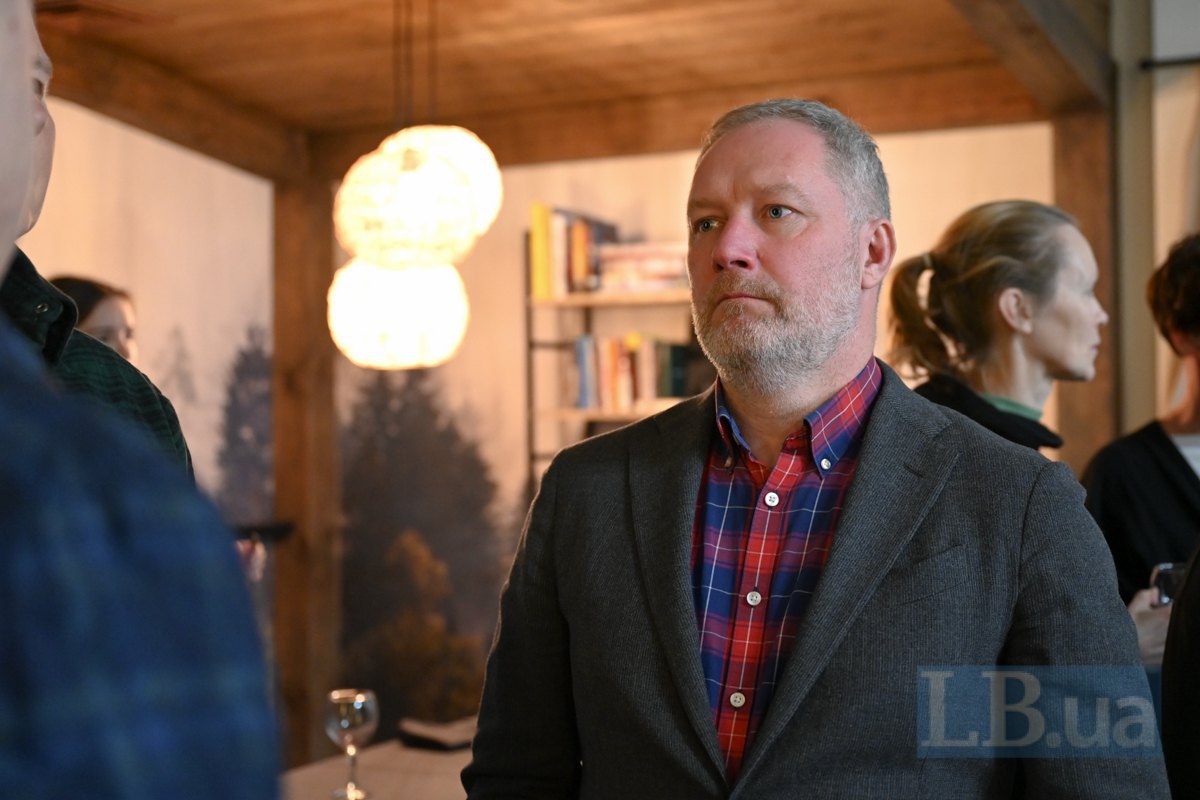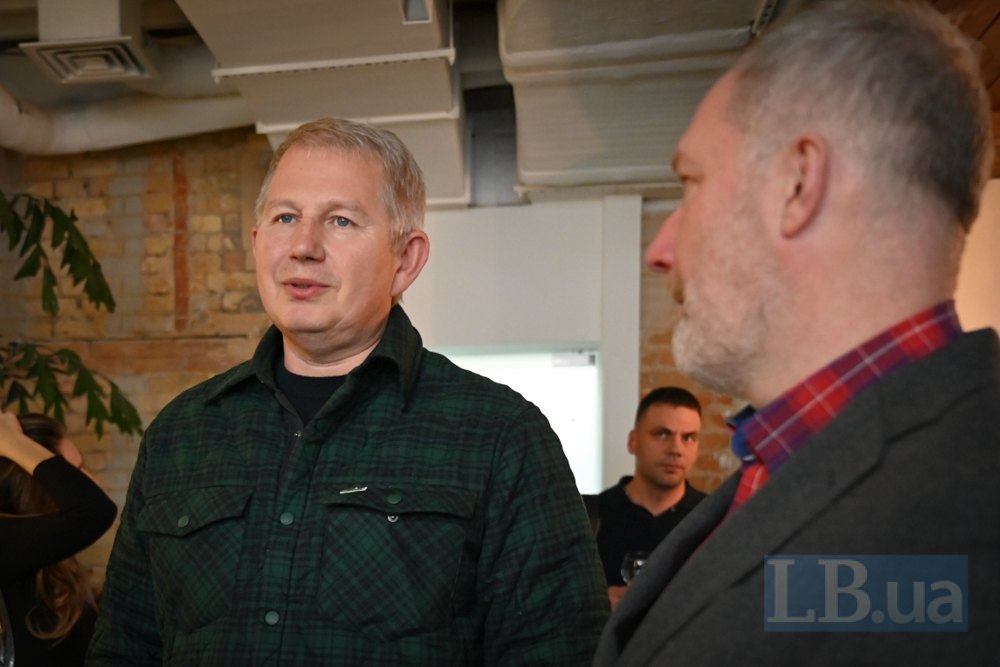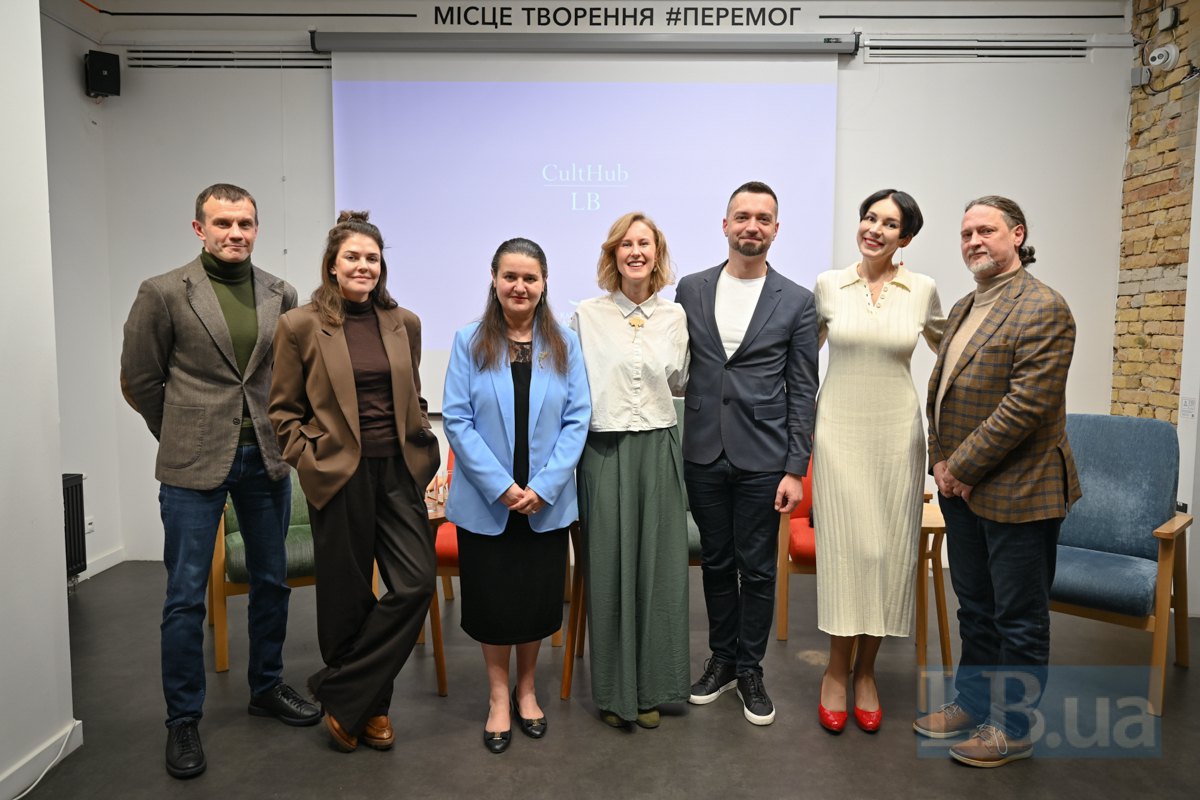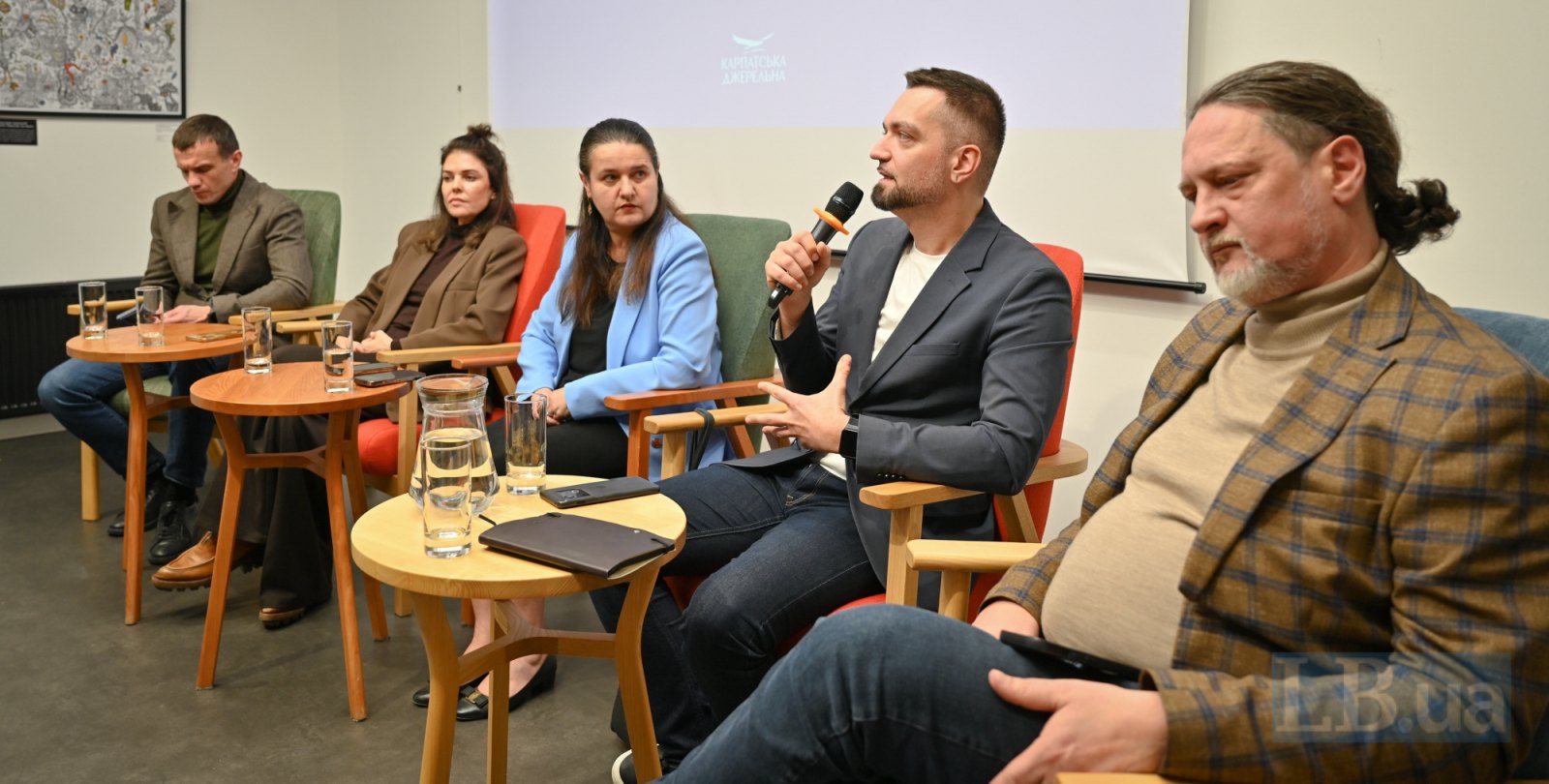- Tetyana Berezhna — Minister of Culture and Vice Prime Minister for Social Policy.
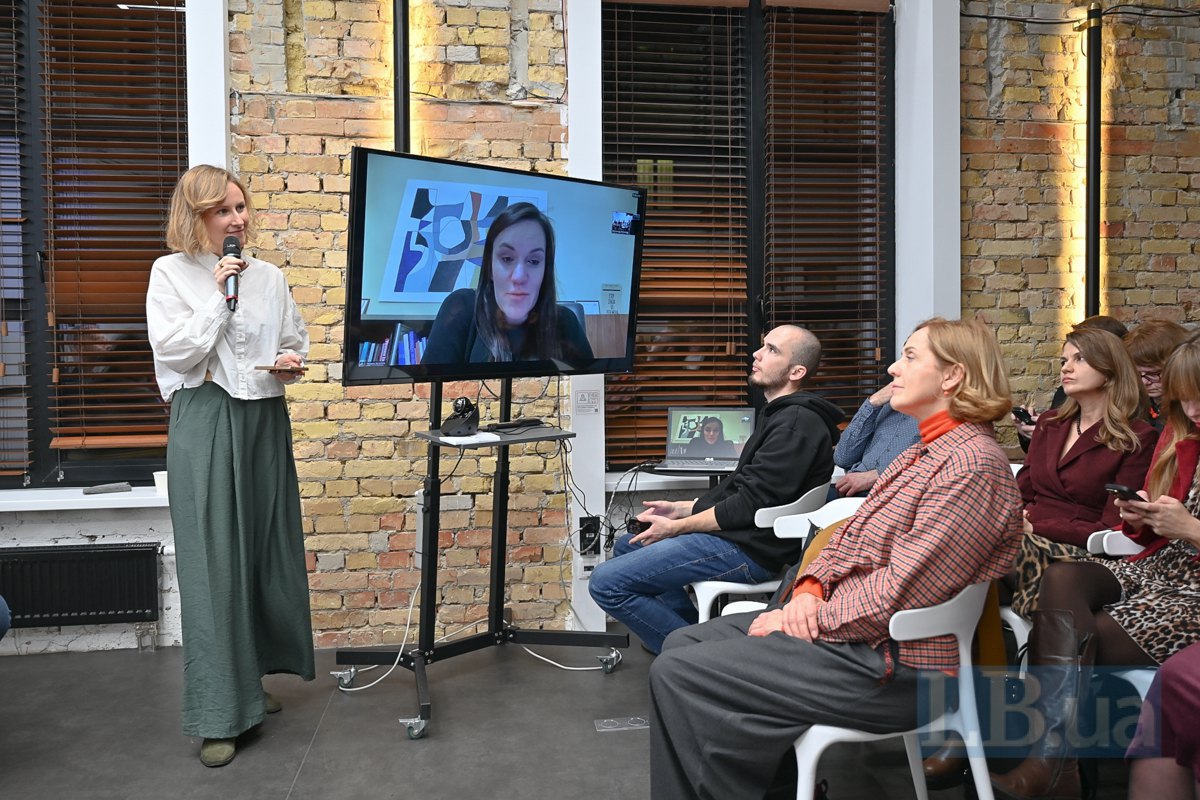
- Oksana Markarova — Chair of the Board of Ukraine House in Washington and Ambassador of Ukraine to the United States (2021–2025).
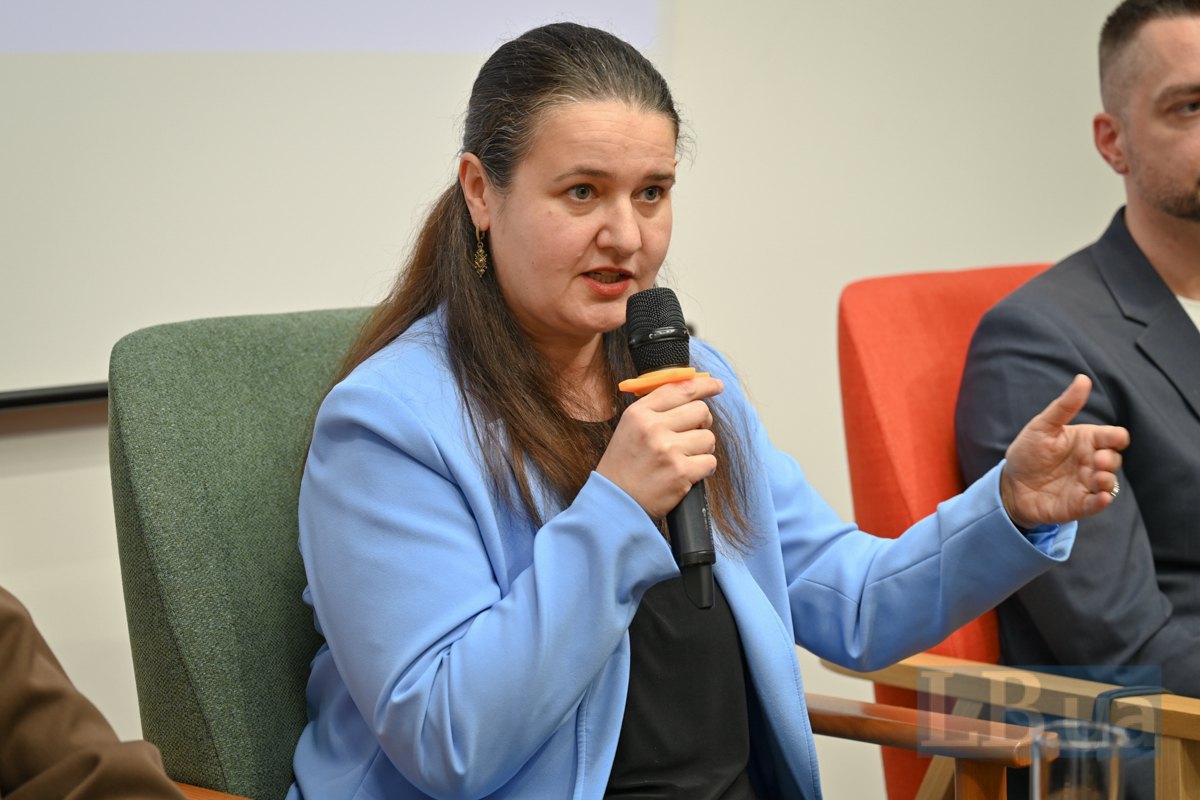
- Volodymyr Sheyko — Director General of the Ukrainian Institute.
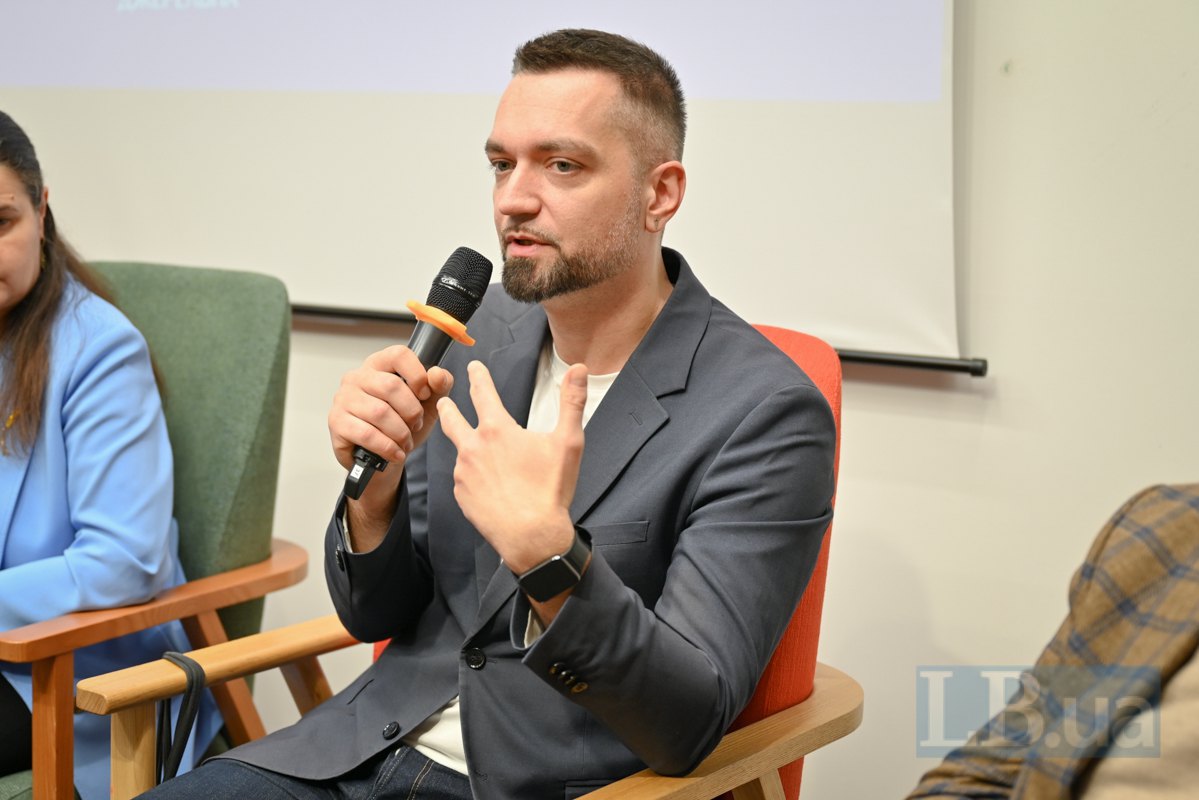
- Andriy Rizol — producer, CEO of Vavilon company, and Chair of the Watch Ukrainian! Association.
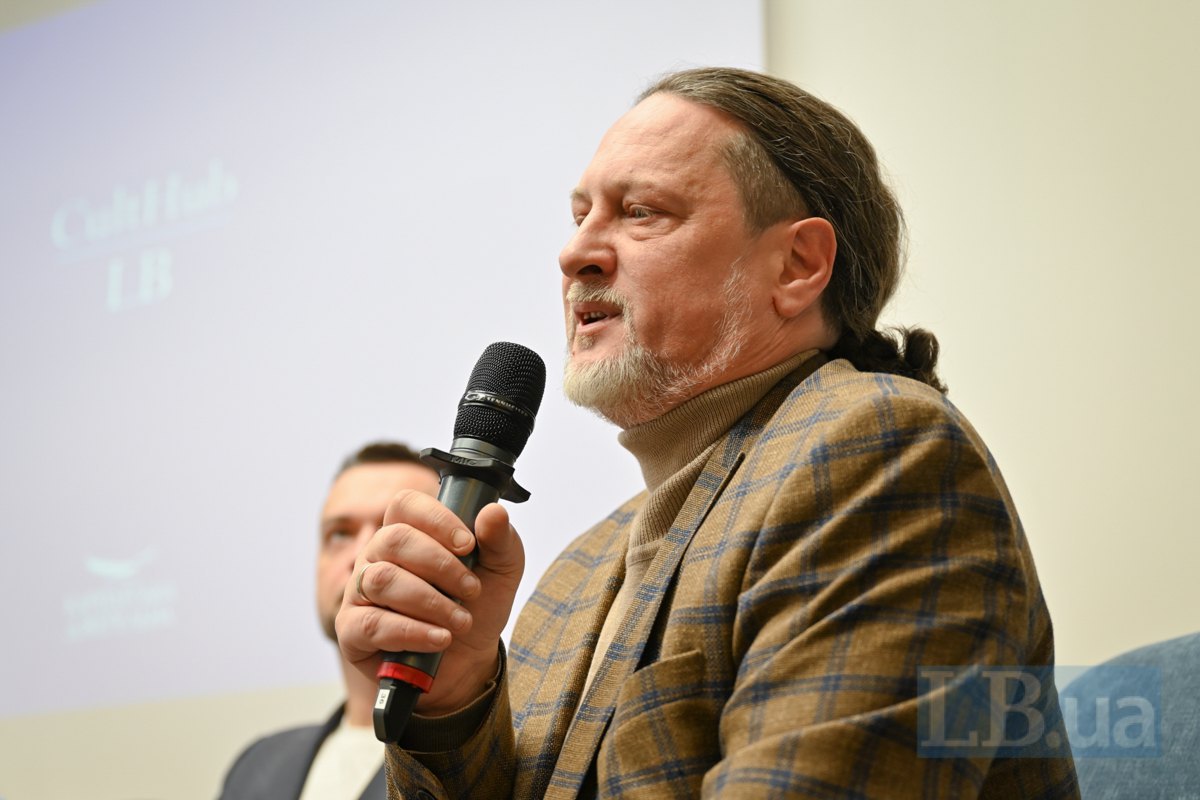
- Kateryna Taylor — founder of the cultural agency Port of Culture and co-founder of the Artists Support Ukraine Foundation.
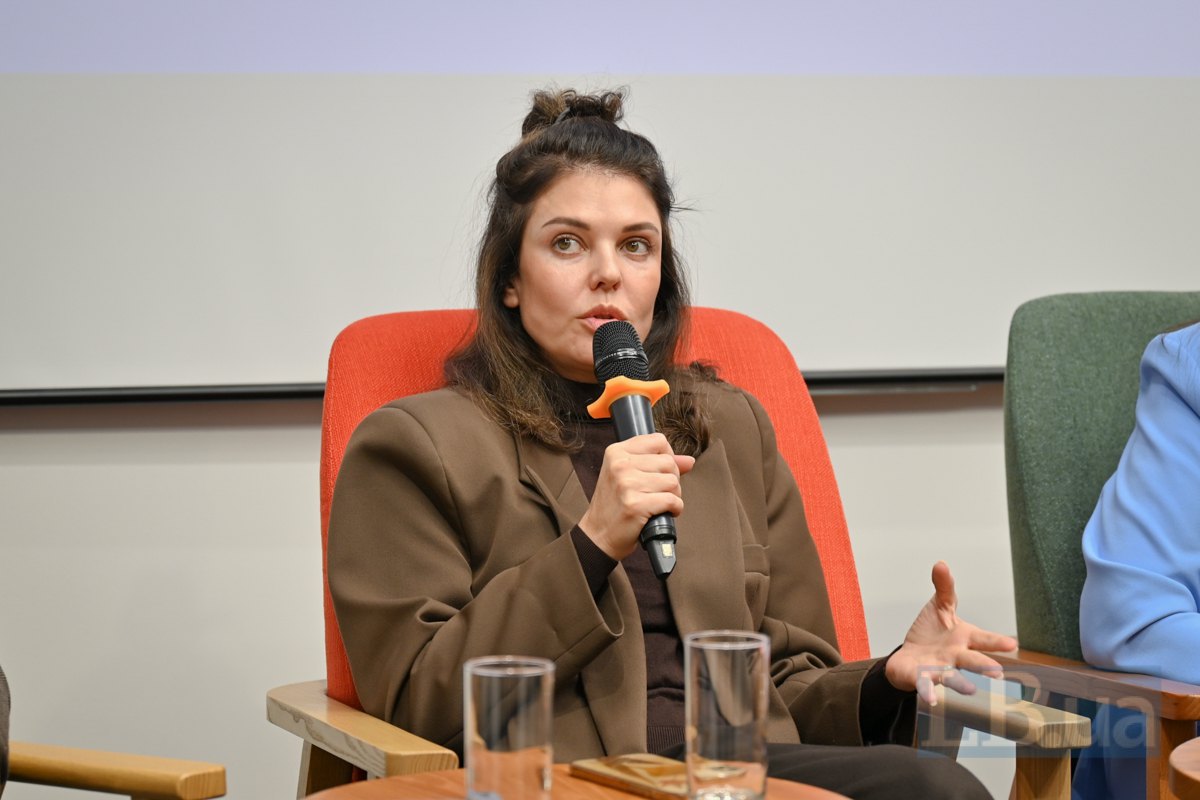
- Serhiy Ustenko – partner of the CultHub project, head of the Carpathian Mineral Waters company
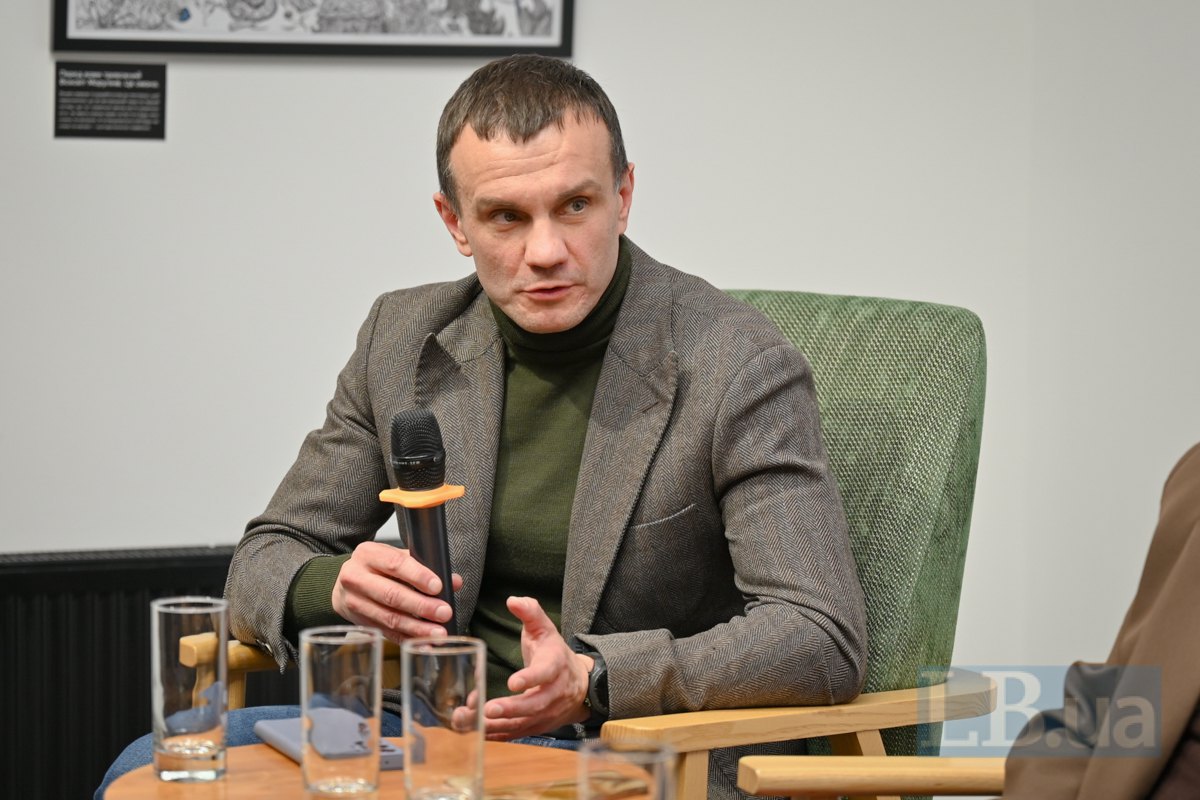
Culture Minister Tetyana Berezhna has been in office since October and, as a newcomer, feels her responsibility and the difficult tasks ahead of her.
"I understand what a huge responsibility I have now, because culture is perhaps a somewhat underestimated tool, but a very decisive tool of international politics. It is a tool that builds trust, opens doors to new partnerships, and becomes a channel for diplomacy. Through culture, Ukraine speaks to the world in the universal language of humanity. We are currently fighting two wars: one against Putin and criminal Russia, and the other to prevent people from becoming indifferent to the war in Ukraine. And every day, unfortunately, this indifference is growing. That is why we are speaking not only through traditional methods of diplomacy, but also through those that can touch their souls and hearts," the minister began.
Also, responding to a question from the editor and moderator of the event, Kateryna Hladka, about how the ministry plans to maintain a balance between independent organisations and state institutions in the field of culture, Tetyana Berezhna noted that she greatly values independent arts organisations, individuals and communities, which she also aims to unite in the direction of cultural diplomacy so that Ukraine's voice in the world sounds unified.
‘We cannot afford the luxury of sounding discordant right now,’ Berezhna said.
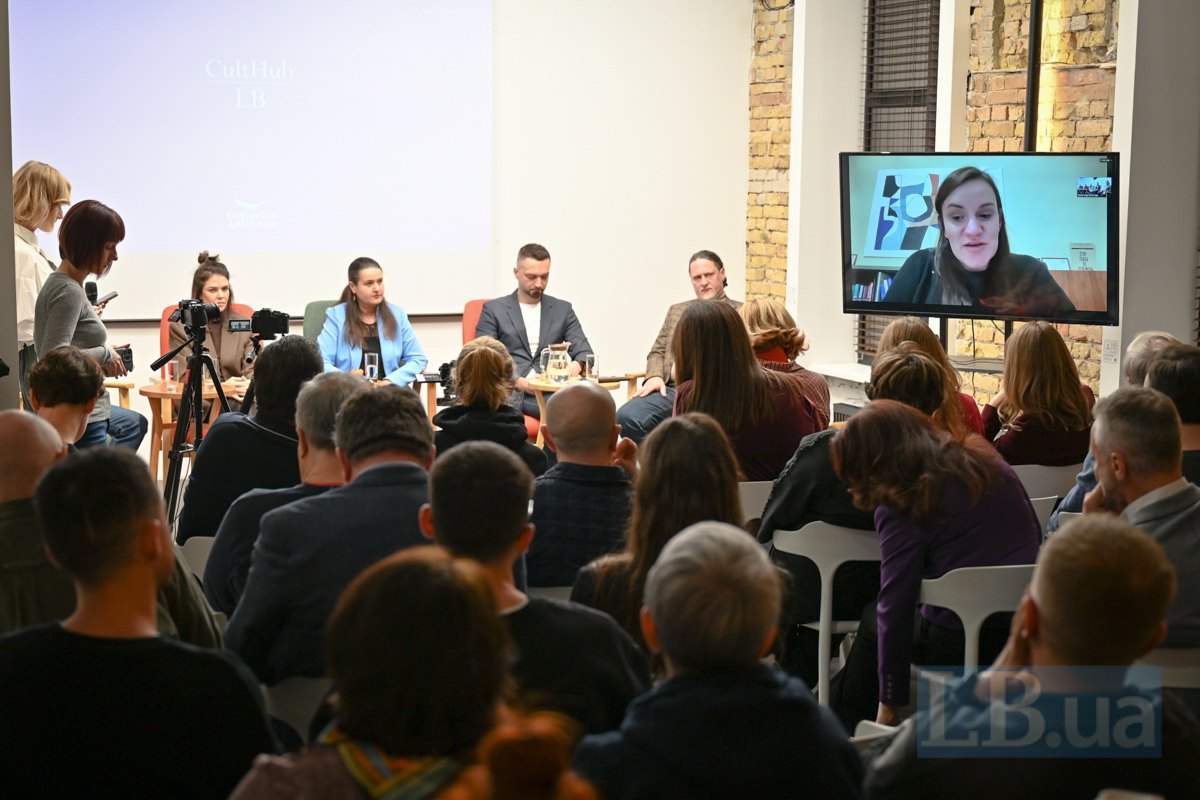
The ministry's current work has several different areas of focus, noted the head of the Ministry of Culture, one of which is the Ukrainian Cultural Heritage Fund.
"We have returned from Copenhagen, where there was a meeting, a kind of “cultural Ramstein” - a meeting of all EU and UK culture ministers. At this meeting, we had a special Ukrainian day, when we talked only about Ukraine. At this event, we had the opportunity to present a very clear and entirely pragmatic tool - the Ukrainian Cultural Heritage Fund," said Tetyana Berezhna. "This is a separate institution that already has its own number. Our condition was that it be registered under Belgian law, which allows for contributions to be raised for the restoration of Ukrainian cultural heritage and the development of Ukrainian cultural industries in general, as well as the creation of content. This project was conceived at the beginning of this year by the previous team, but we have done a tremendous amount of work to turn it from an idea into a concrete tool for raising funds. It is very important that we raised funds at this conference, albeit modest funds, a little over three million euros, to get started in the United Kingdom, Belgium, the Netherlands and Poland."
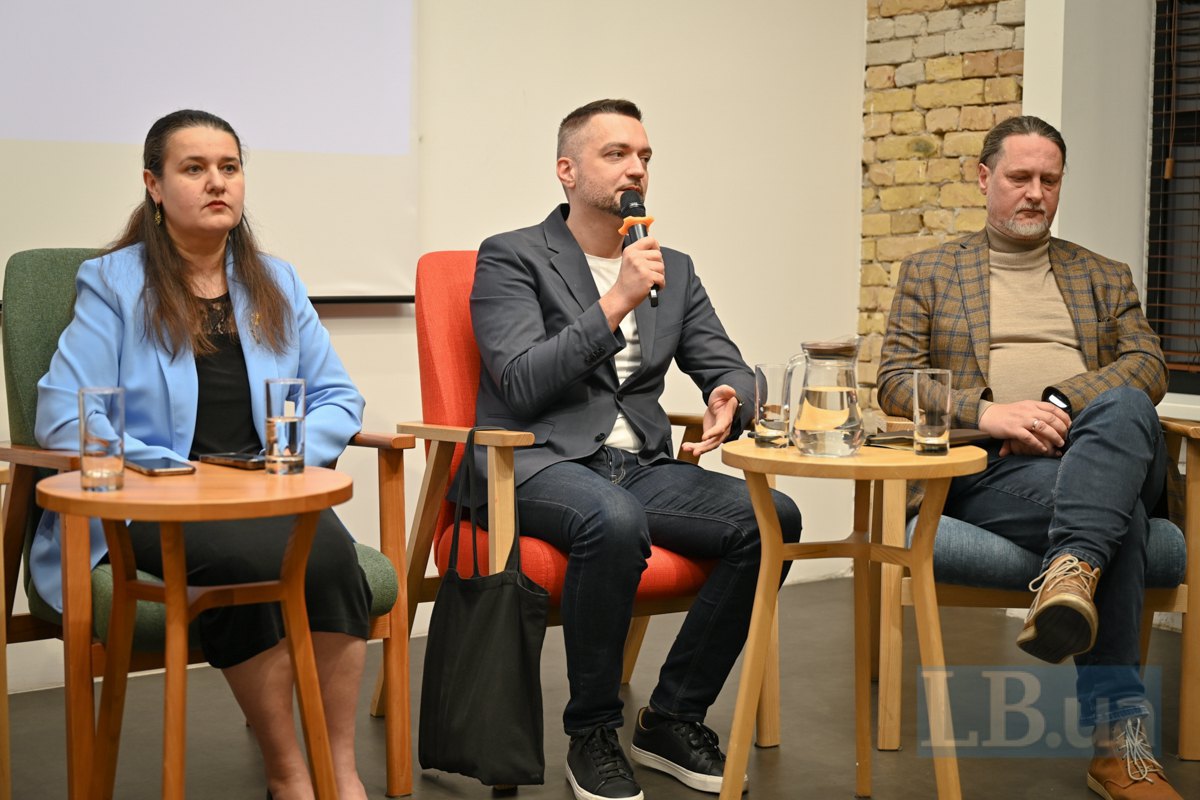
In October, the Ukrainian Institute organised the annual International Forum on Cultural Diplomacy, where most speakers from both independent organisations and the public sector stated that censorship of Russian culture is no longer effective. In essence, Ukraine is entering the field of pure competition. Responding to a question about how the Ukrainian Institute will take this into account in its strategies, Director General Volodymyr Sheyko noted:
"Indeed, it seems that we are entering a different phase of the war, of our existence, and the rules by which, in our opinion, cultural diplomacy should operate are also changing. They are not constant, but very fluid. At the Cultural Diplomacy Forum, we shared our observations that Ukraine can no longer afford to play the role of victim, relying solely on solidarity and assistance. And on the wave of that incredible interest and attention to Ukraine, which began at the start of the full-scale invasion, we will not get very far, because we are really living this war, but the world is not. We are disappearing from the news headlines, and most people in the world are not thinking about us all the time. That is why my colleagues and I said that Ukraine must finally realise that we have to move forward on our own. We must formulate the agenda for cultural diplomacy ourselves and rely on our own strengths more than we did before," Sheyko said.
"Understanding the limited resources available in Ukraine, we must use them very rationally, especially when it comes to state resources. What should we do about this in the future? I believe that Ukraine should play the long game in cultural diplomacy: we often think in terms of events — an event took place, we wrote about it on Facebook, everyone got their likes and moved on, but this is not the kind of activity that produces the real effect of cultural diplomacy. No one would measure the activities of embassies by the number of receptions they organised in a year, right? The majority of diplomatic activity is not public, it takes place behind the scenes or is spread out over years, so it may not generate any newsworthy events here and now," added the head of the Ukrainian Institute.
Volodymyr Sheyko also emphasised long-term plans, as this is what our foreign partners expect from us, even despite the difficulty of planning in Ukraine due to the war.
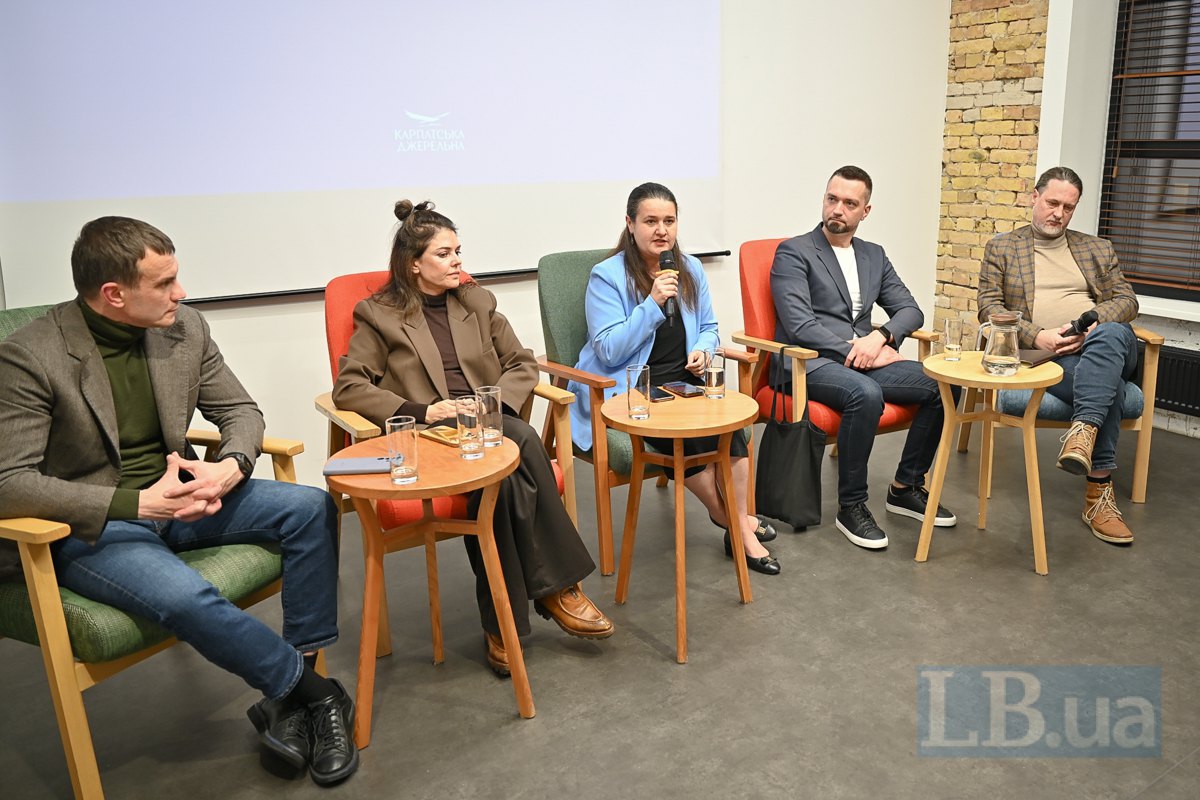
An outstanding example of a sustainable cultural space was shared by the Chair of the Board of Ukraine House/Ukrainian House in Washington, and until recently, Ukraine's Ambassador to the United States, Oksana Markarova. The Ukrainian House in Washington has become a living space for various environments: diplomatic, cultural, religious, leadership, volunteer, and more. How such a space manages to function as a sustainable project was explained by Oksana Markarova during a discussion:
“What sets Ukrainian culture apart from others, although there are many cultures that are similar to ours in these elements, is that we are both an ancient culture with deep-rooted traditions, much like Japanese culture. And at the same time, we are a very vibrant, dynamic, and innovative culture. This intersects in all aspects of our lives. The reason we wanted to create the Ukrainian House was because, in the US, there were many Ukrainian institutions everywhere, but not in Washington. New York, Chicago, Philadelphia… churches, Ukrainian institutes, museums, but in Washington, there was only the embassy. Washington is the centre of everything, where we need to constantly talk about and showcase Ukraine. And we wanted to bring together these various elements into one space and create a Ukrainian House that would serve as a home for all Ukrainians (we call it ‘home away from home’), but at the same time, my KPI for the Ukrainian House team, for every event or programme, was how many non-Ukrainians we engaged.”
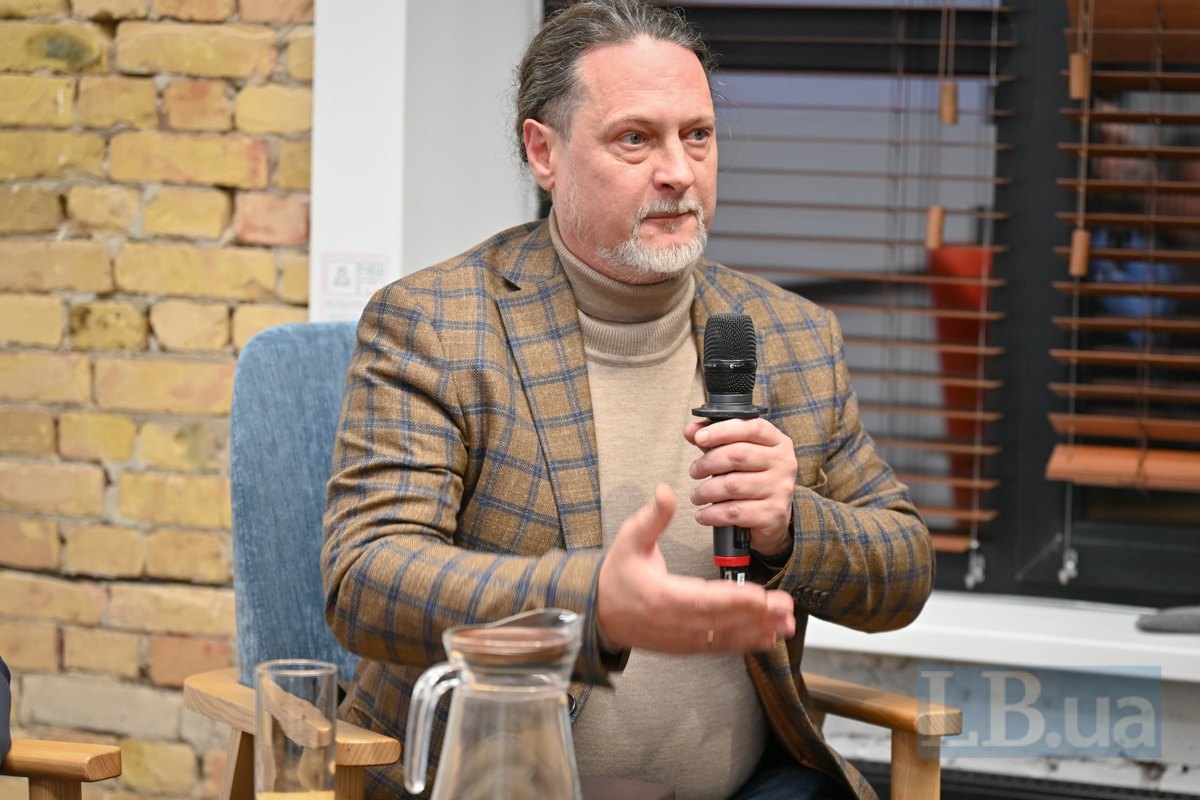
Producer Andriy Rizol highlighted one of his current projects in which culture serves as a powerful tool of influence — particularly in communication with the European community and in shaping decisions. To mark the 30th anniversary of Ukraine’s accession to the Council of Europe, his team is presenting an extensive programme.
“Since 30 October, a series of events has been taking place in Strasbourg — ten in total. These include four screenings of multi-genre Ukrainian cinema: documentary, socio-historical, and classics. There was also a major concert by Bohdana Pivenko and Anna Machukh, featuring exclusively Ukrainian composers, performed in one of Strasbourg’s renowned concert halls. And we still managed to secure a place in the programme of the major World Forum for Democracy. It opened on 5 November, and we’re proud that it began with a speech by our project ambassador from Empowered, Bohdana Pivenko — a life-affirming message that we are certainly not victims, a point we’ve been communicating for more than a year and a half. We are a reliable and desirable partner, capable of contributing a great deal to European civilisation — making it better,” he said.
The cultural programme in Strasbourg will continue through November and December.
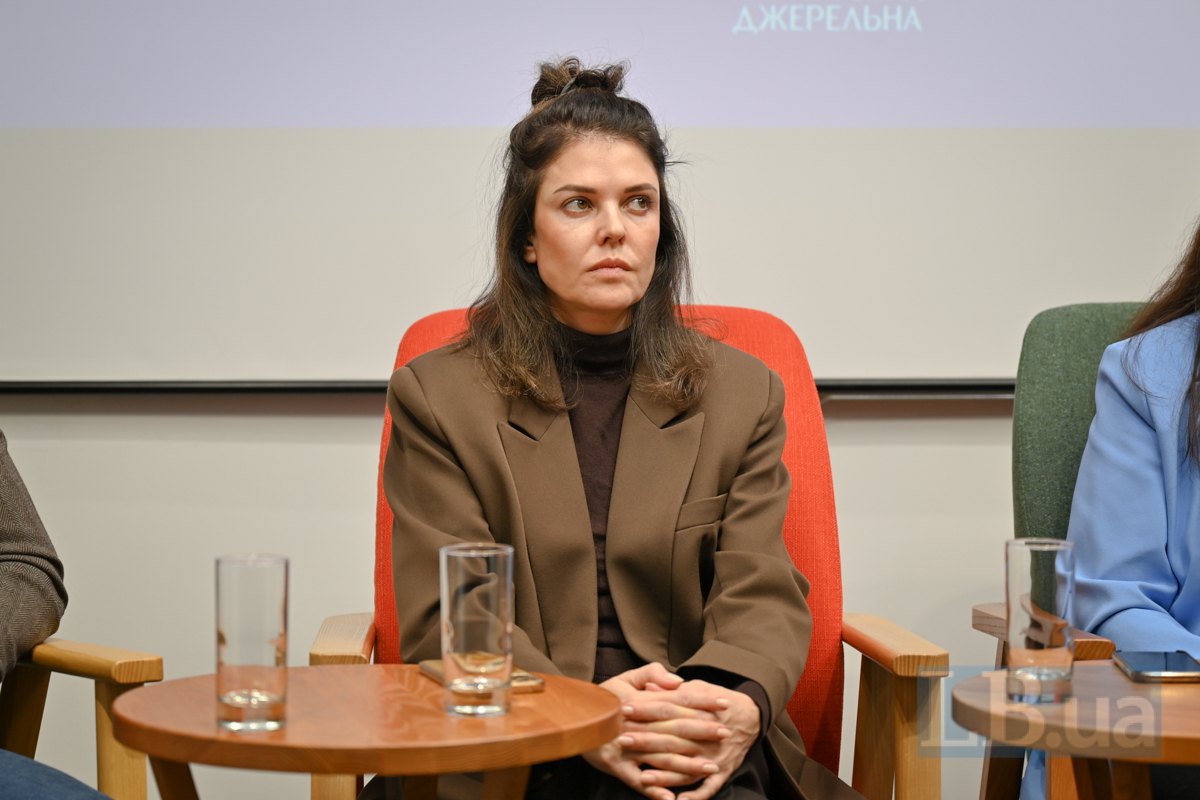
Art manager Kateryna Taylor has repeatedly stressed that Ukrainian culture is not a single voice and shouldn’t be forced into one. It’s closer to polyphony.
“On the one hand, Ukraine is such a multicultural and multireligious country, with so many different layers of experience shaping what we call our culture and identity, that trying to compress it all into one message — one sentence about Ukraine — would be nearly impossible. On the other hand, I do think we need a message box for what we want to communicate outward, and it will be dynamic; it will change.
And we already have an example: what worked in 2022 no longer works in 2025. Most likely, in 2026 we’ll rethink again how we want to talk about ourselves. And I believe this is one of the key differences between us and Russia. Yes, cultural policy must exist, but in our case the state should support what already grows naturally. We simply cannot say that Ukrainian culture is one thing — that it is Leontovych, or Esther, or Malevych,” Kateryna Taylor explained.
On the field of cultural diplomacy, it isn’t only artists and institutions who play a role. The business community increasingly recognises its part in these processes. That point was raised by CultHub partner Serhiy Ustenko.
“I read the strategy of the Ukrainian Institute, and to me it feels like a living structure — a strong, dynamic document that can be put to real use. One point I really liked was the analysis of similar foreign institutions. There’s a figure for Rossotrudnichestvo — more than 100 million. And that number is almost identical to the funding of the Confucius Institute — 120 million — despite the vast difference in economies. This shows how important this area is for Russia. If they have that level of funding, and I imagine the Ukrainian Institute has far less, and if we view culture as a form of weaponry — then if we want to win this war, business has to become an active player in cultural diplomacy. Beyond artists and commissioners, there is another essential actor — the source of funding. And that must be entrepreneurs,” Serhiy Ustenko noted.
